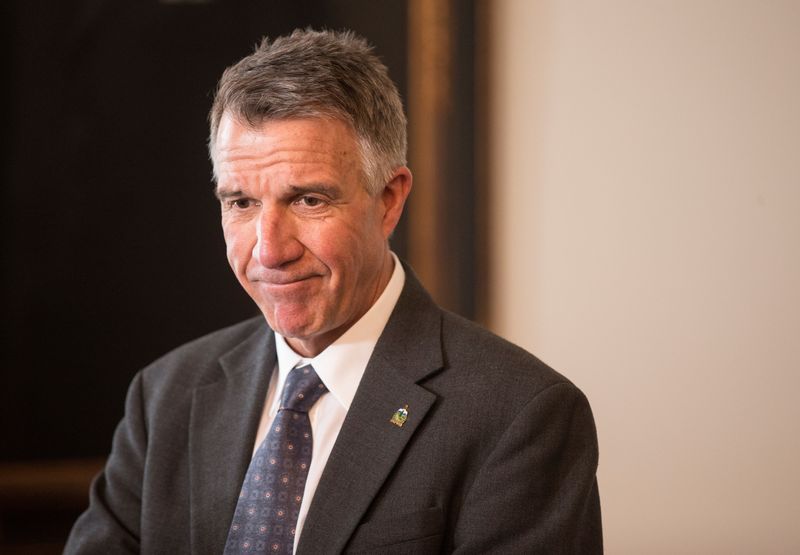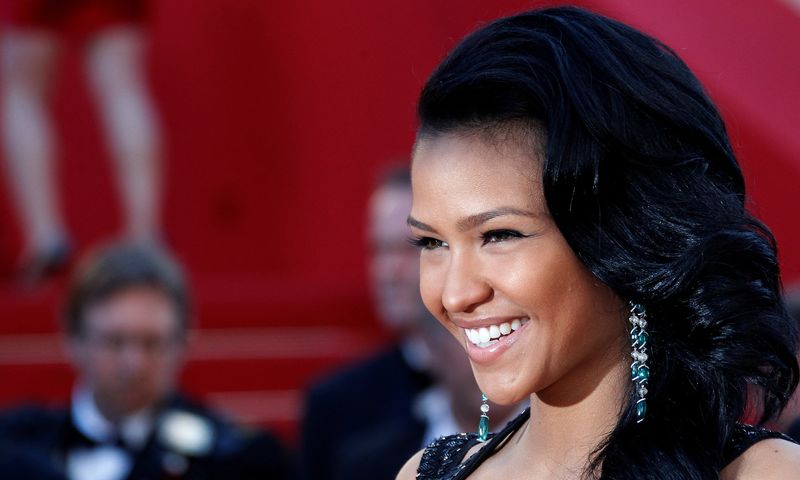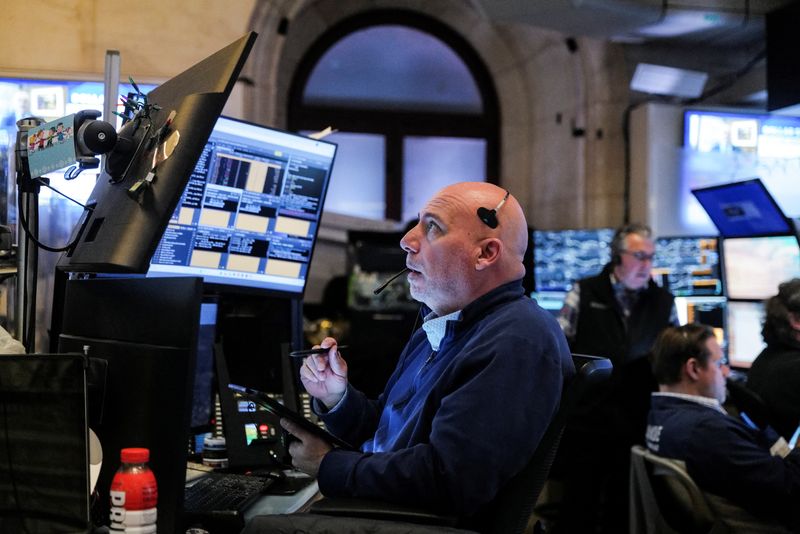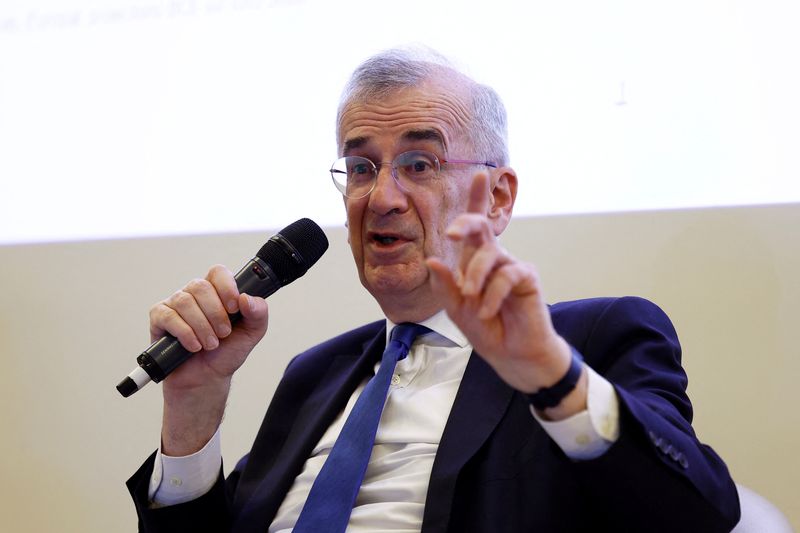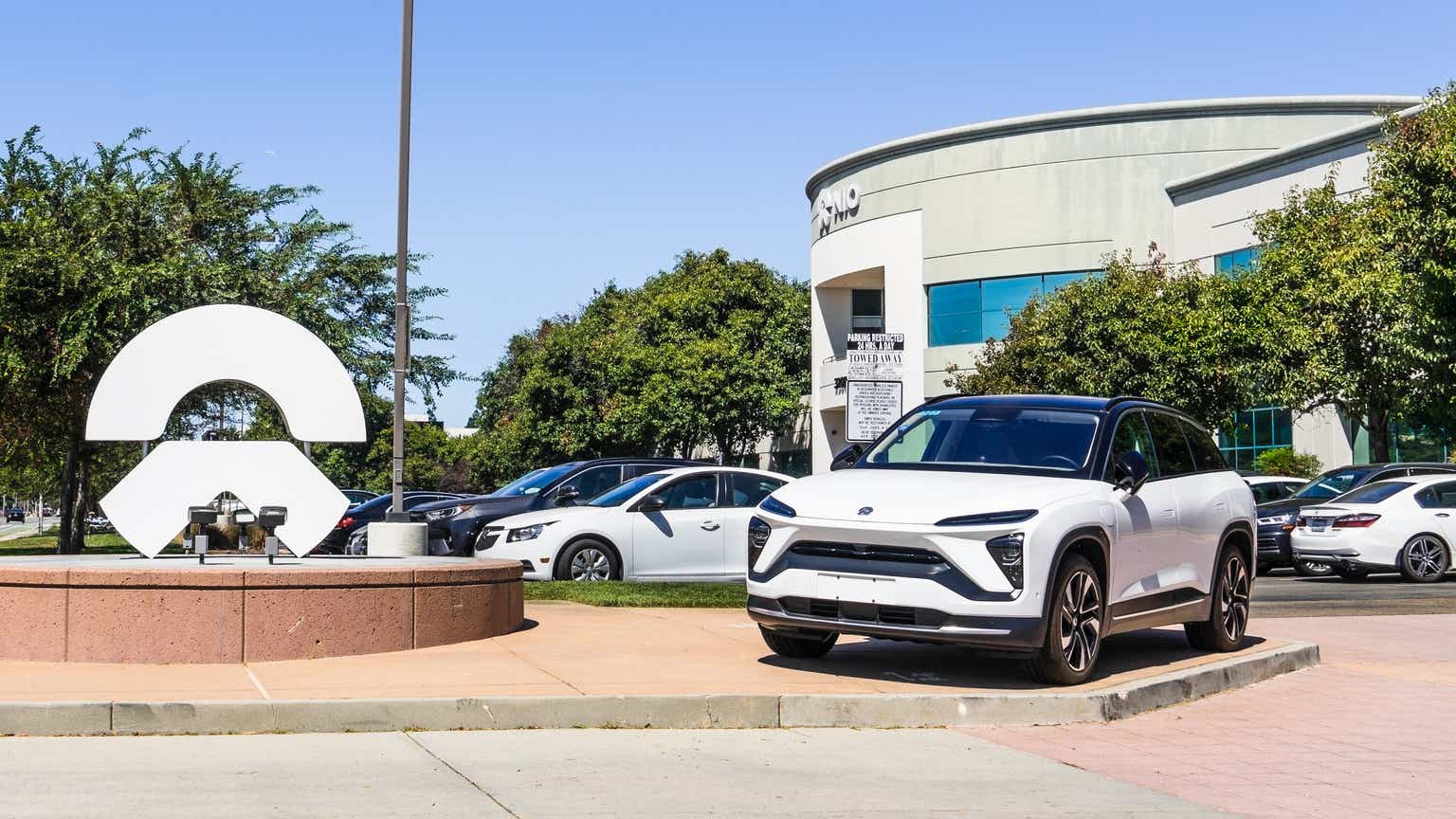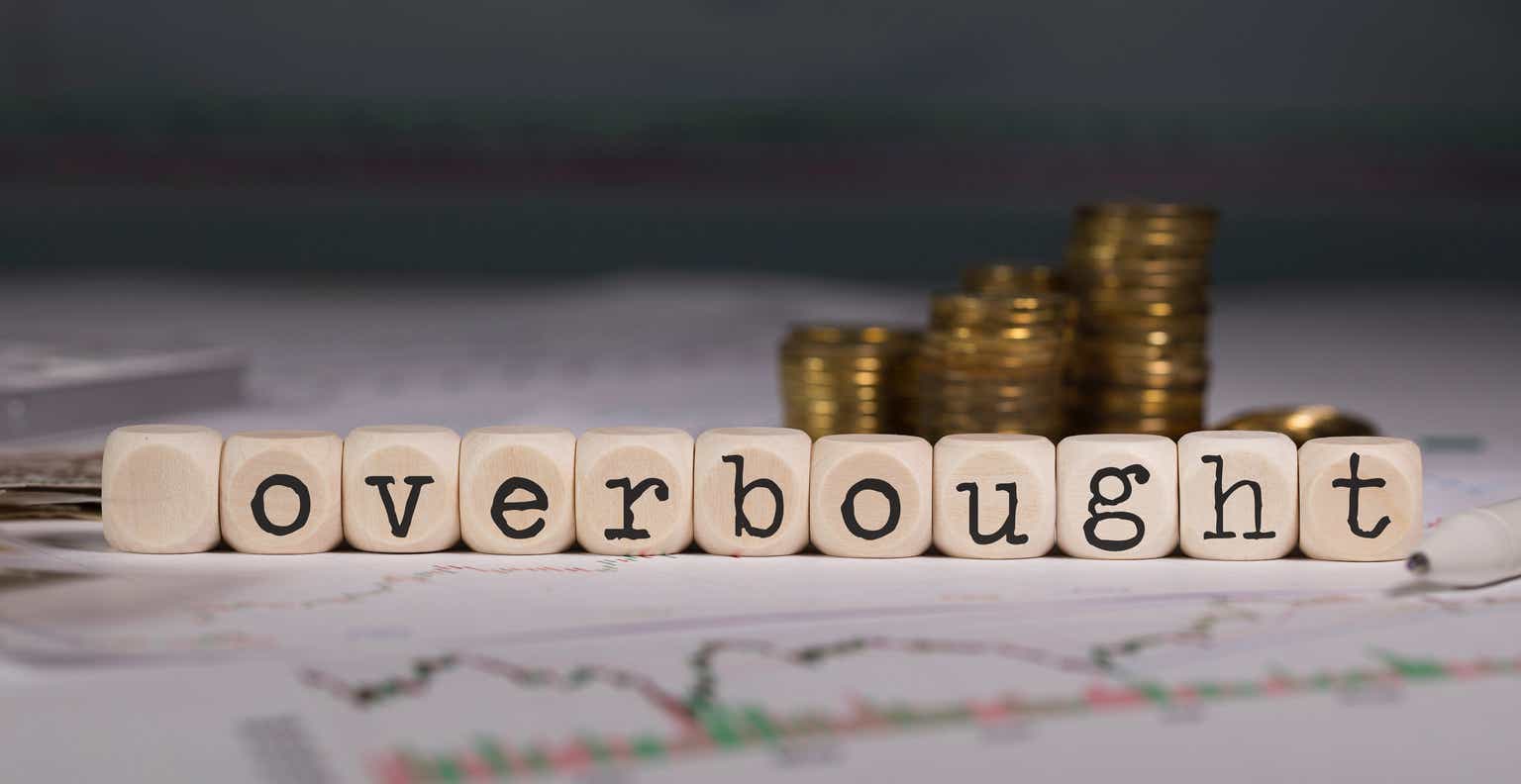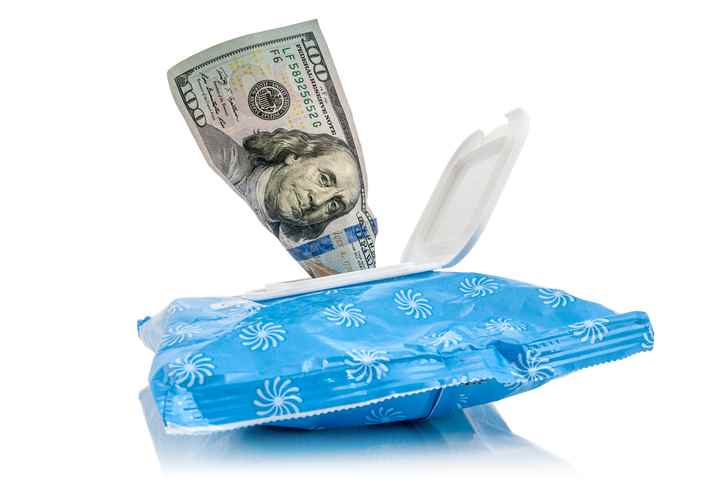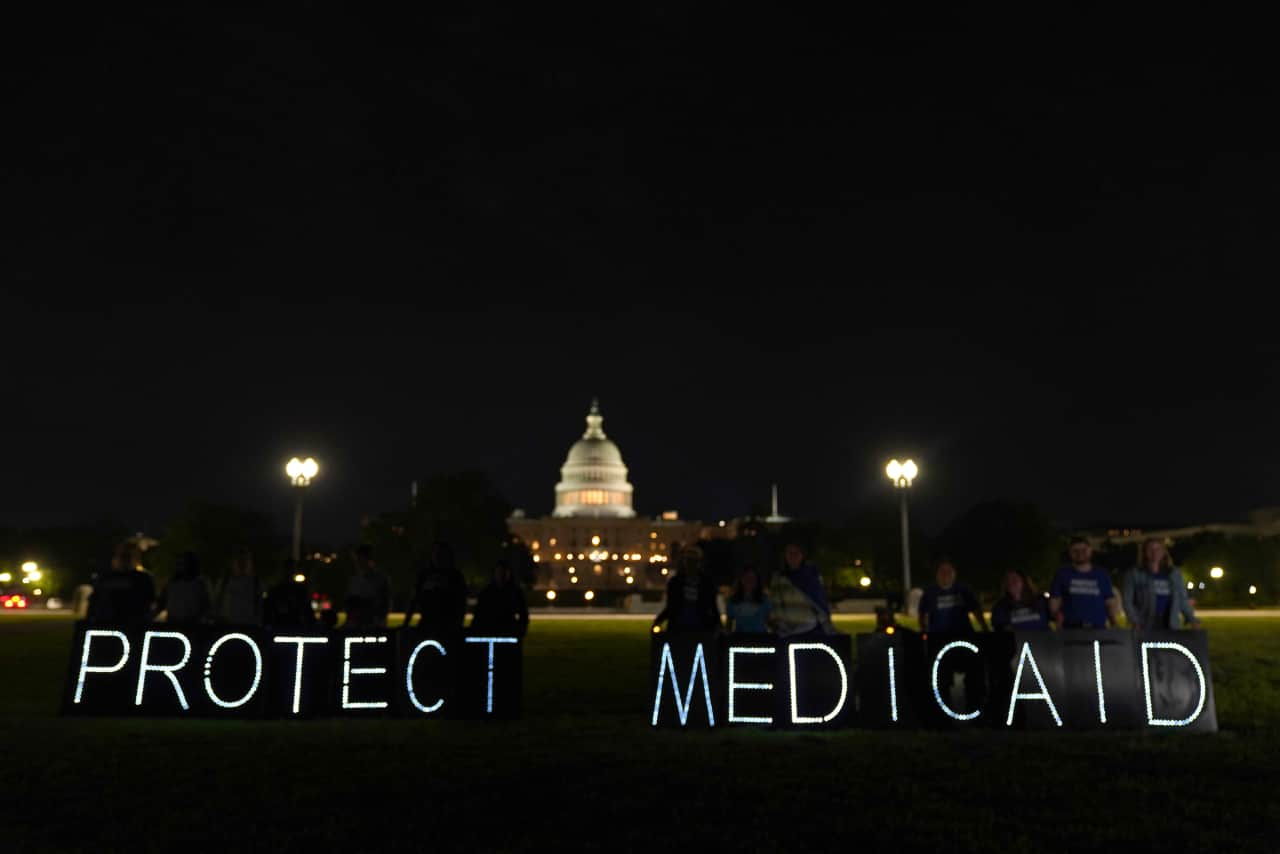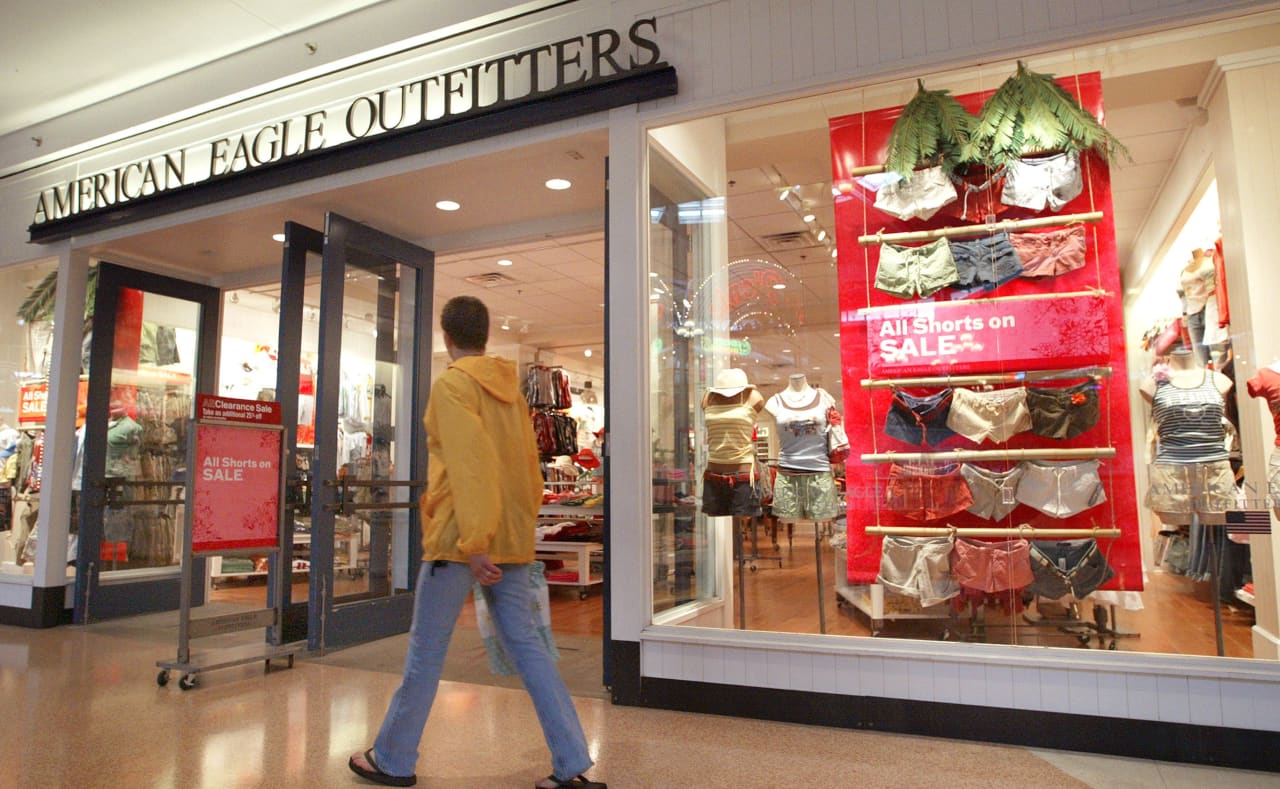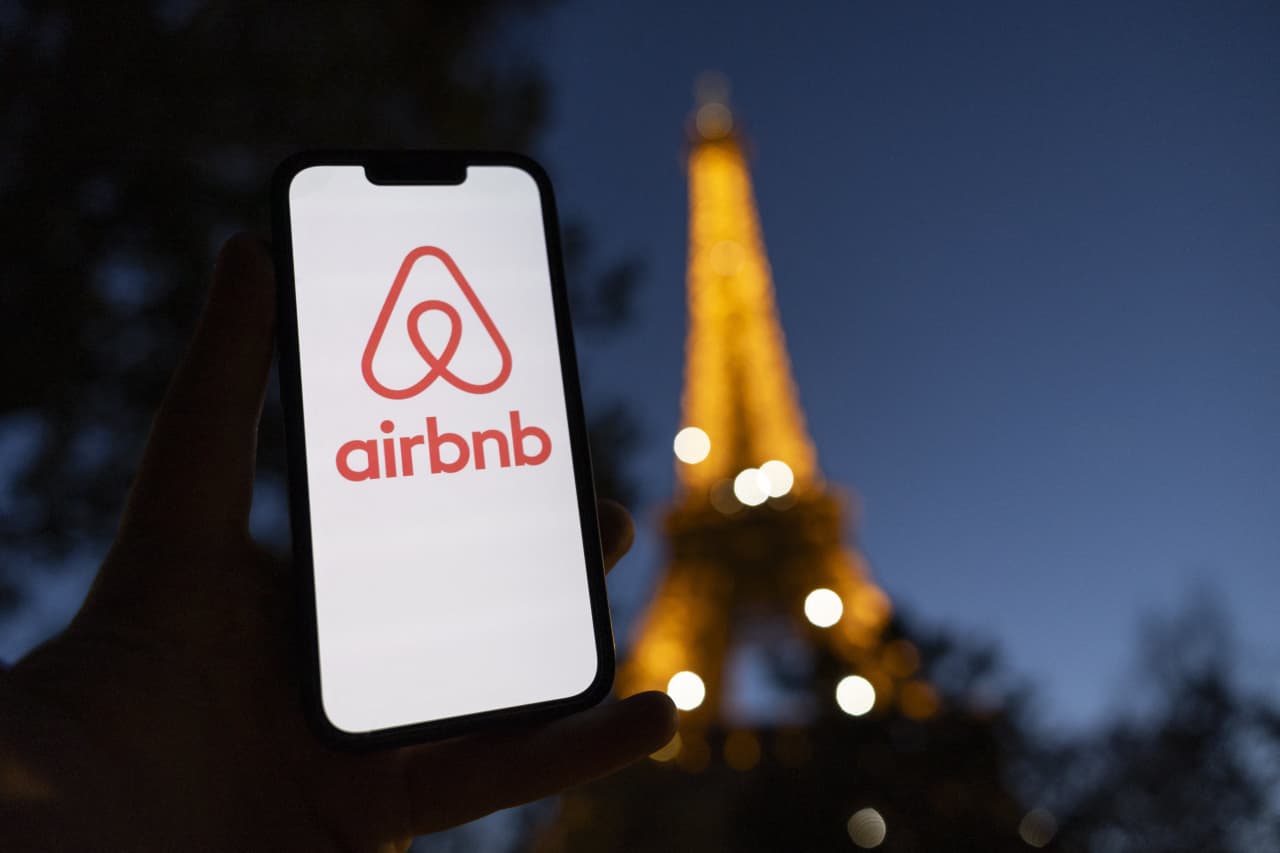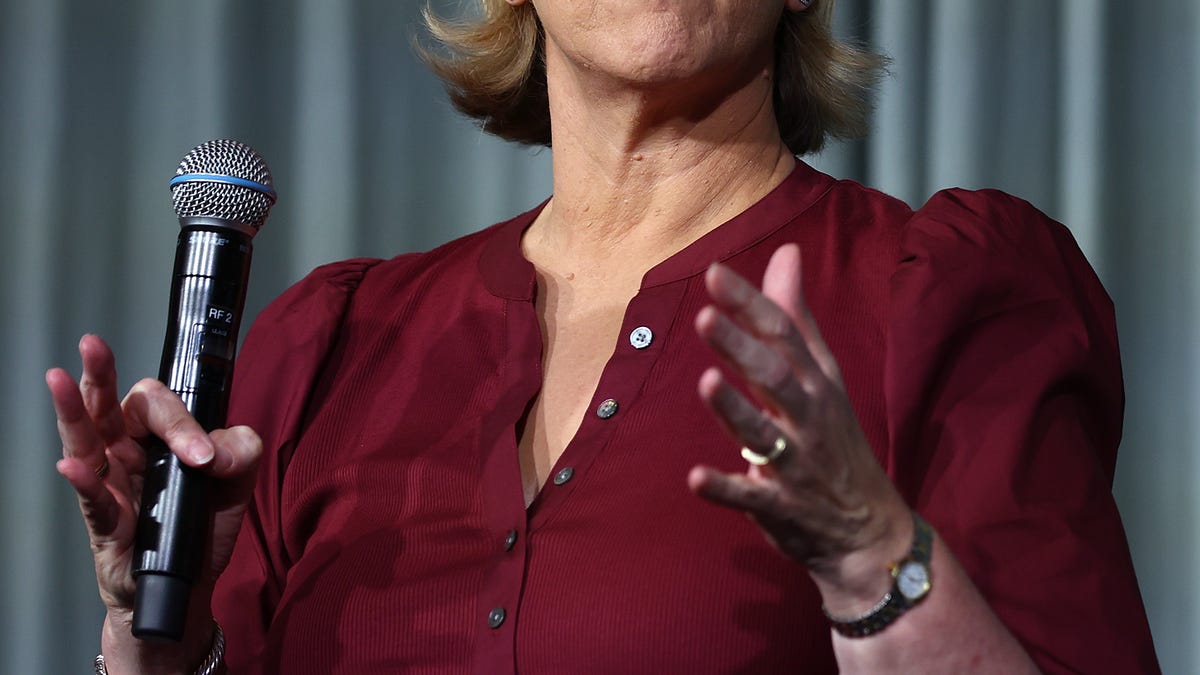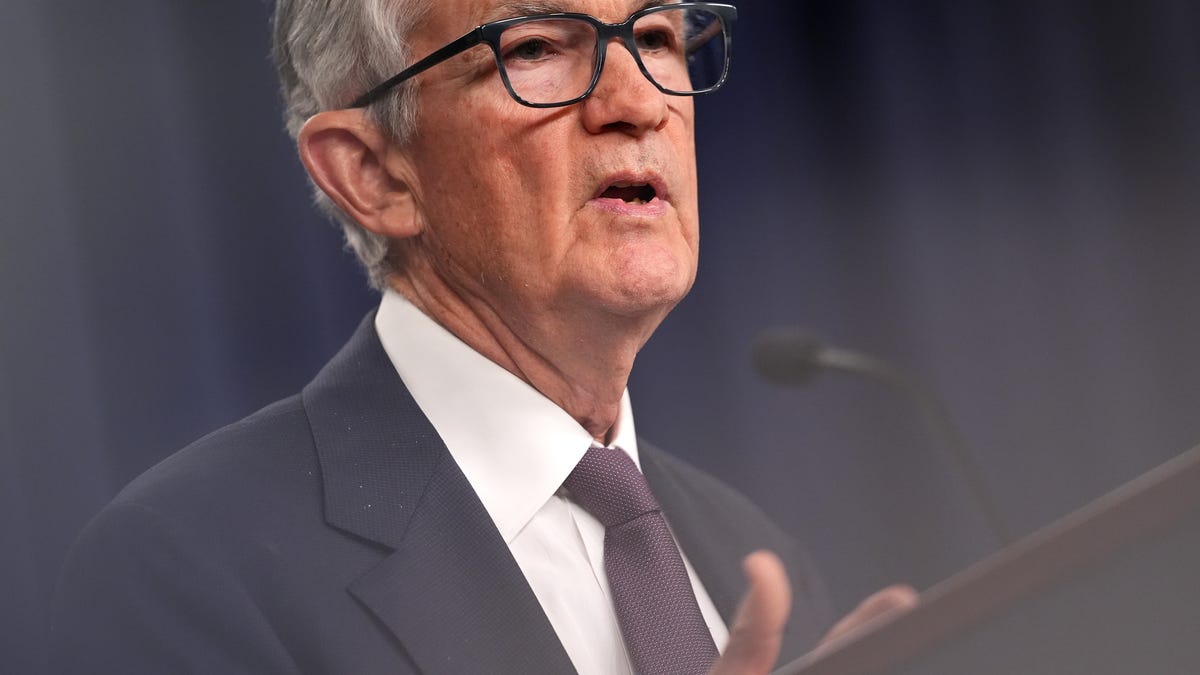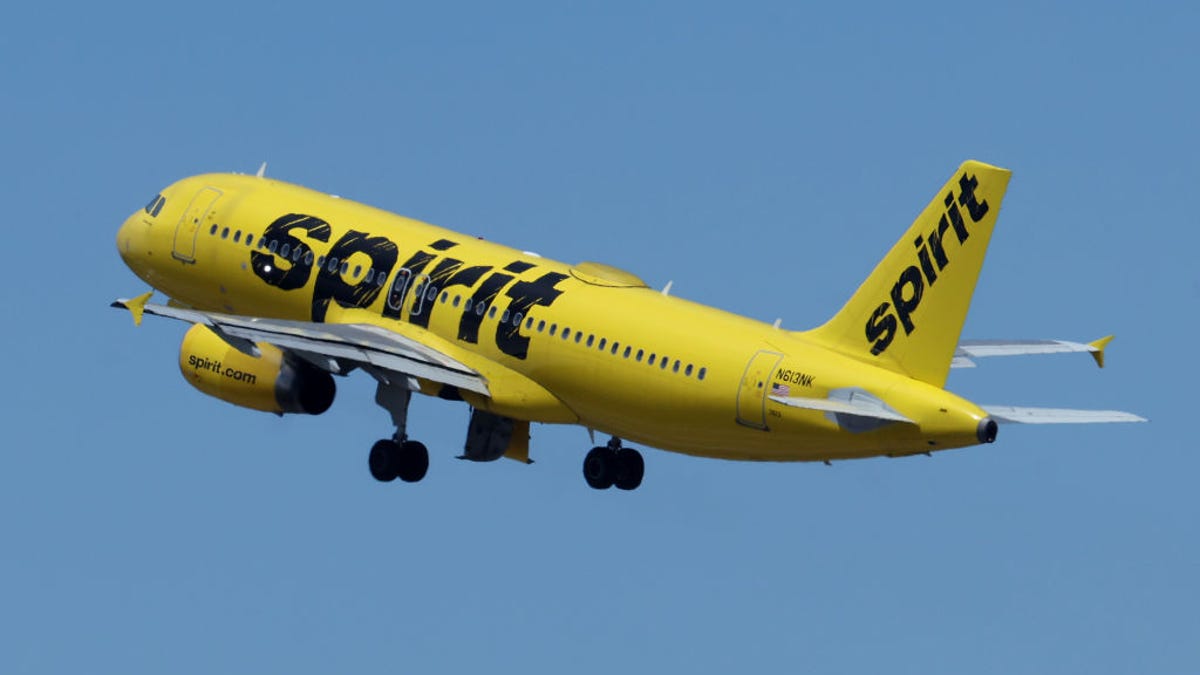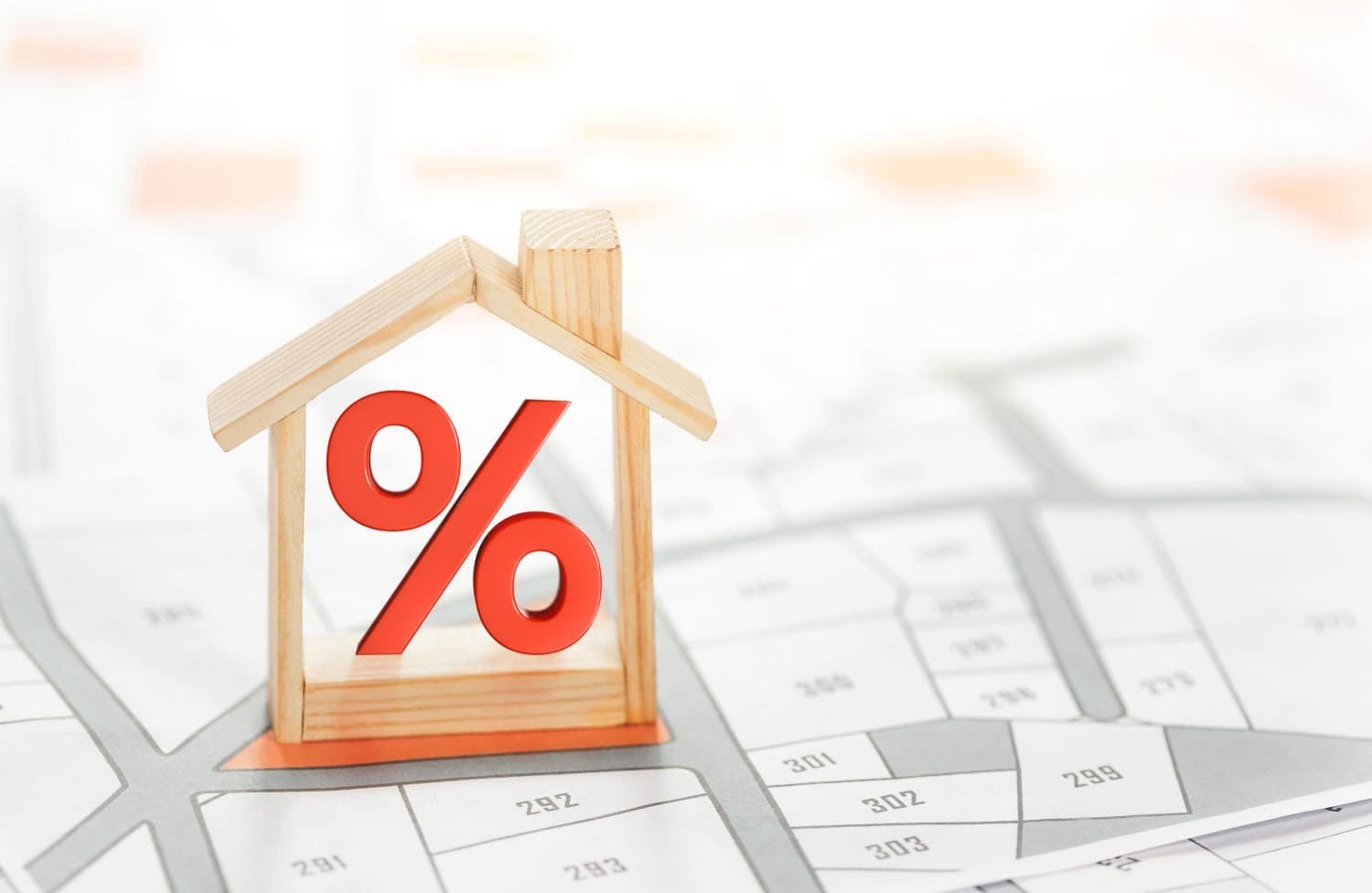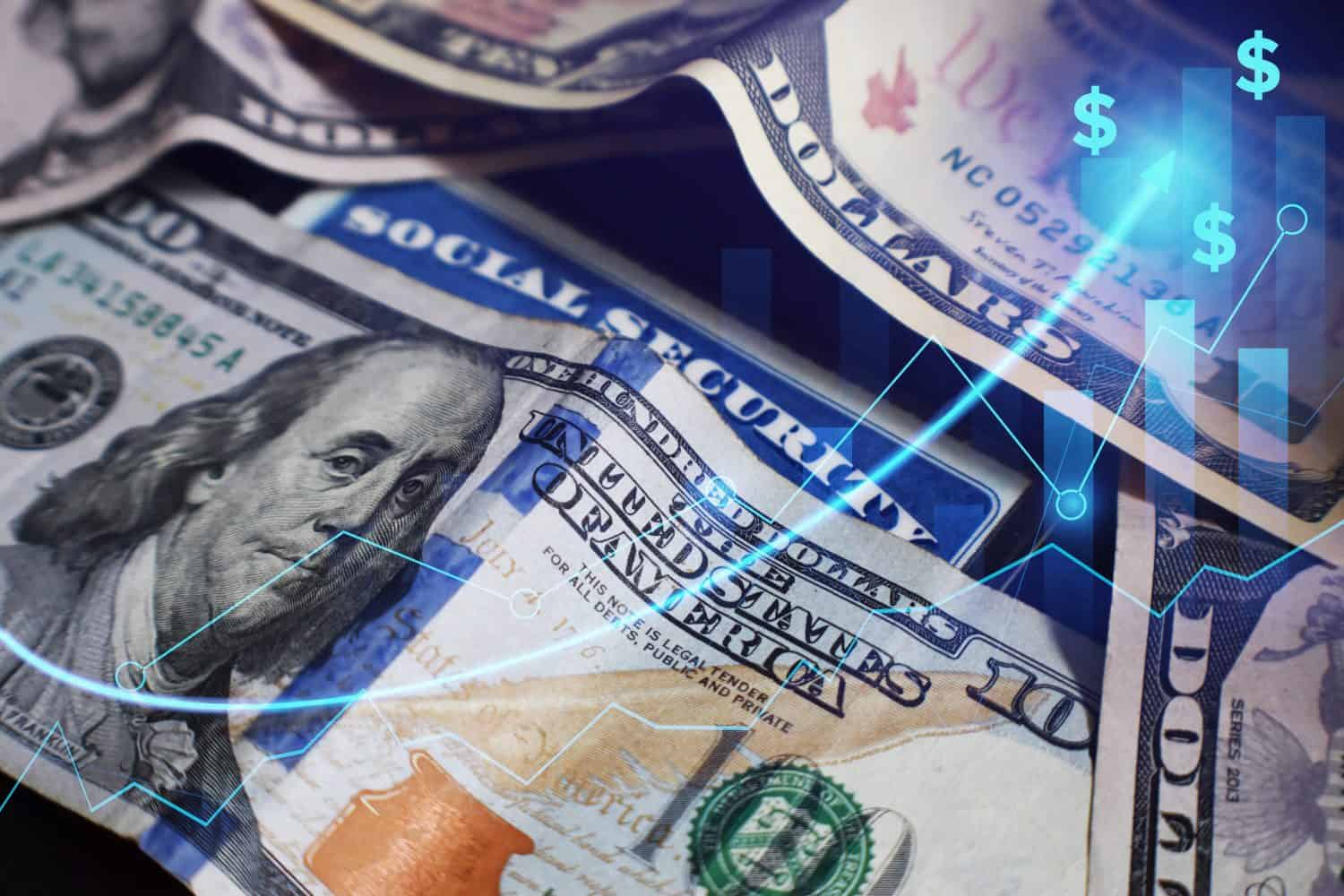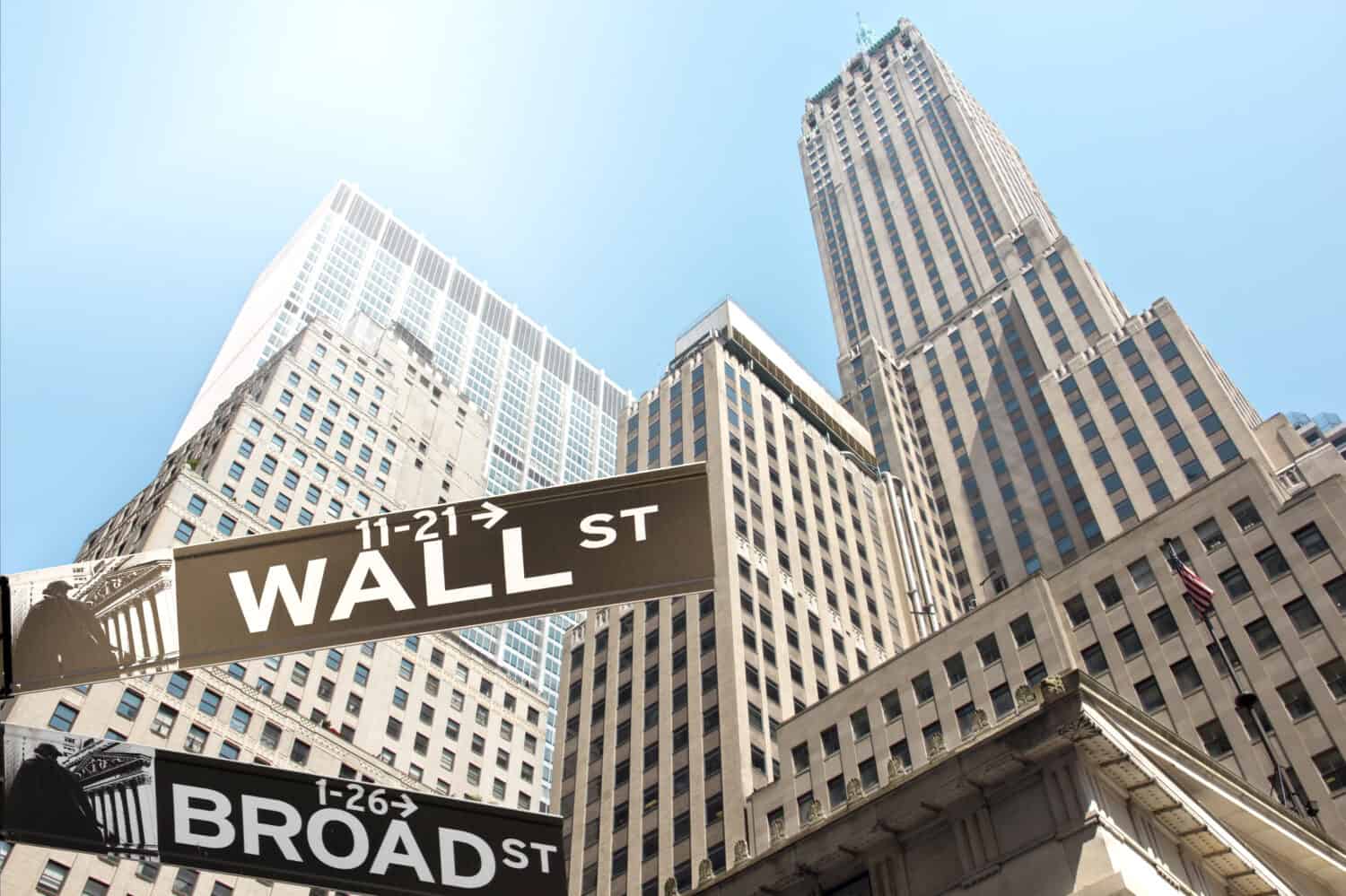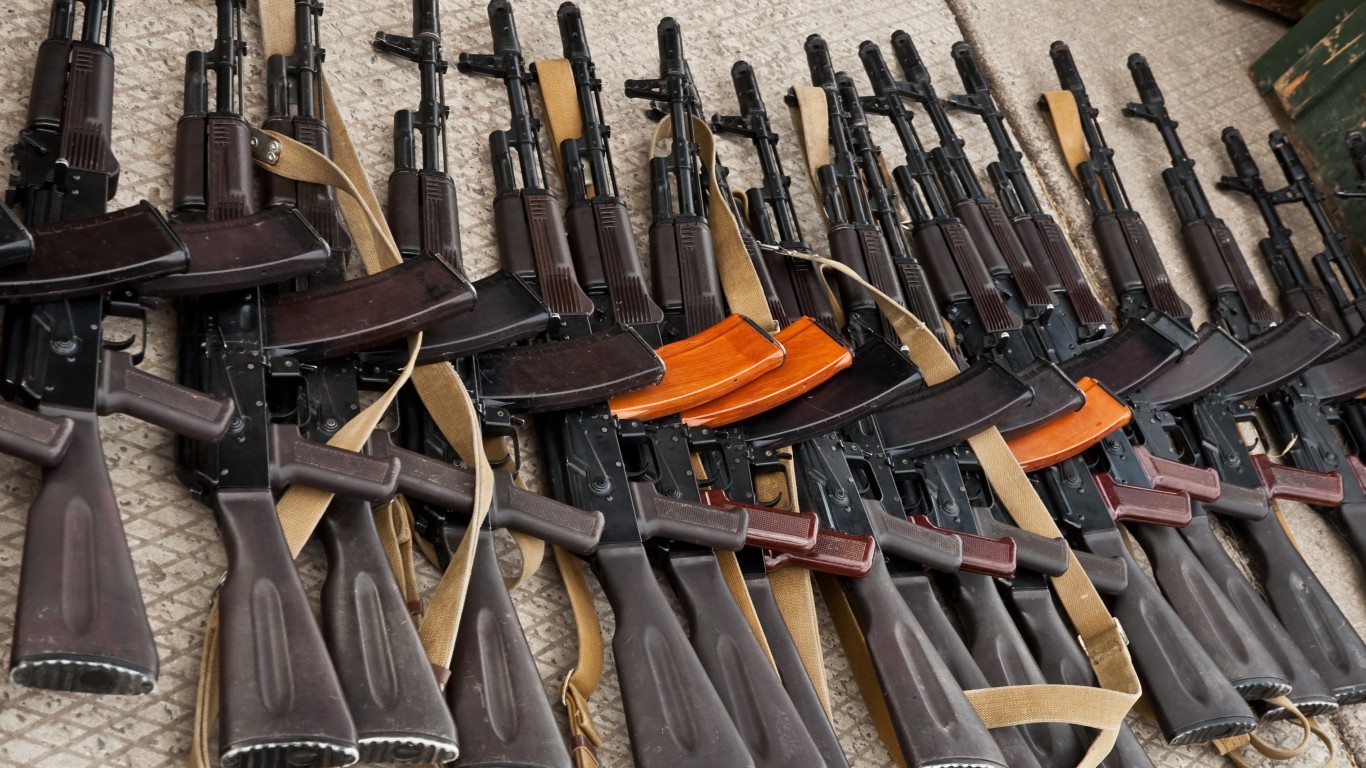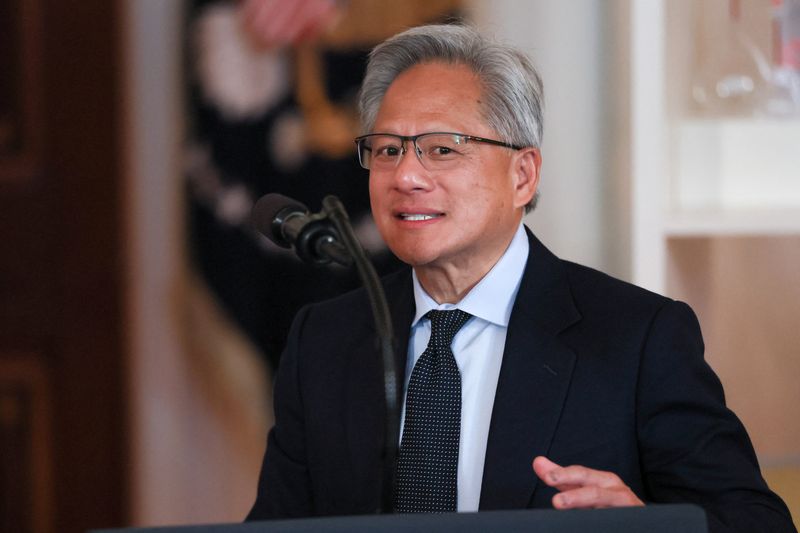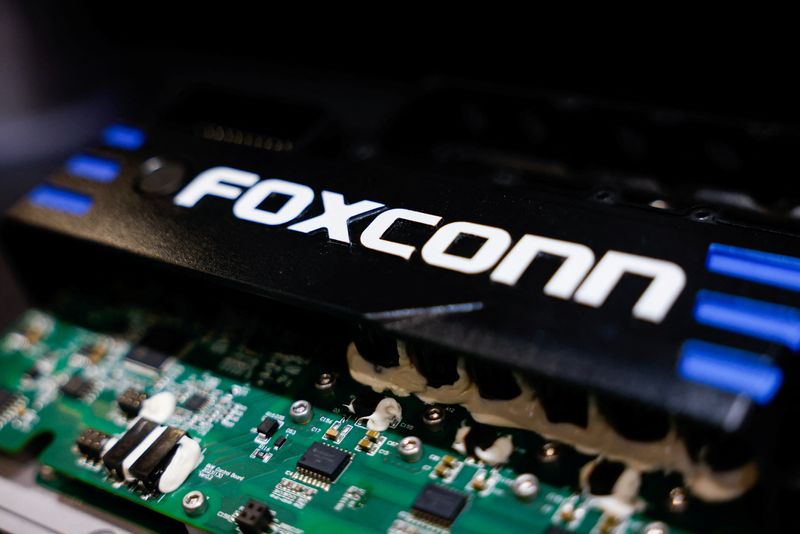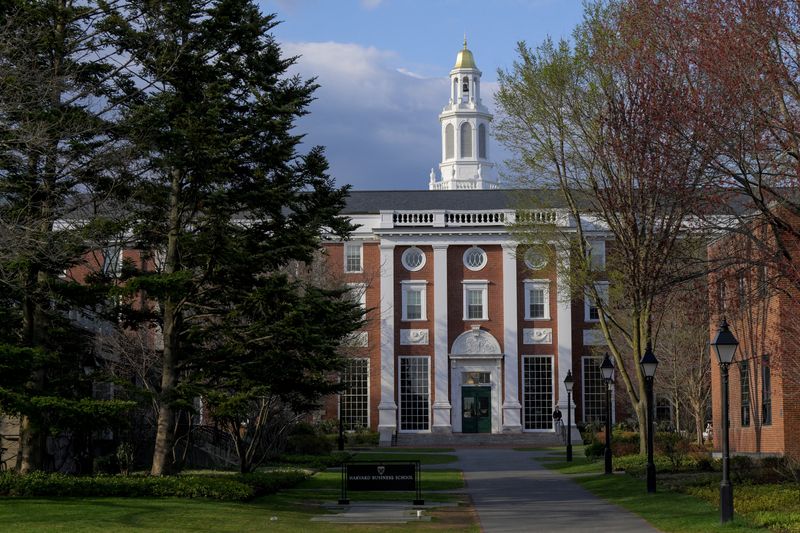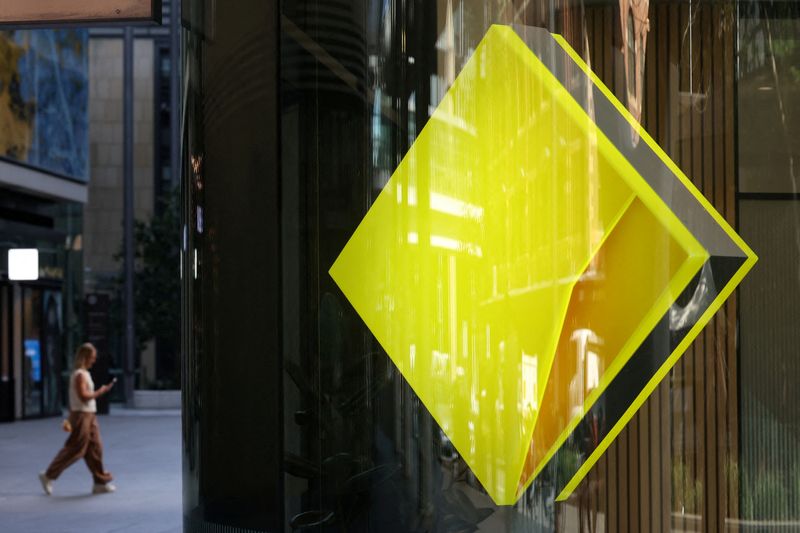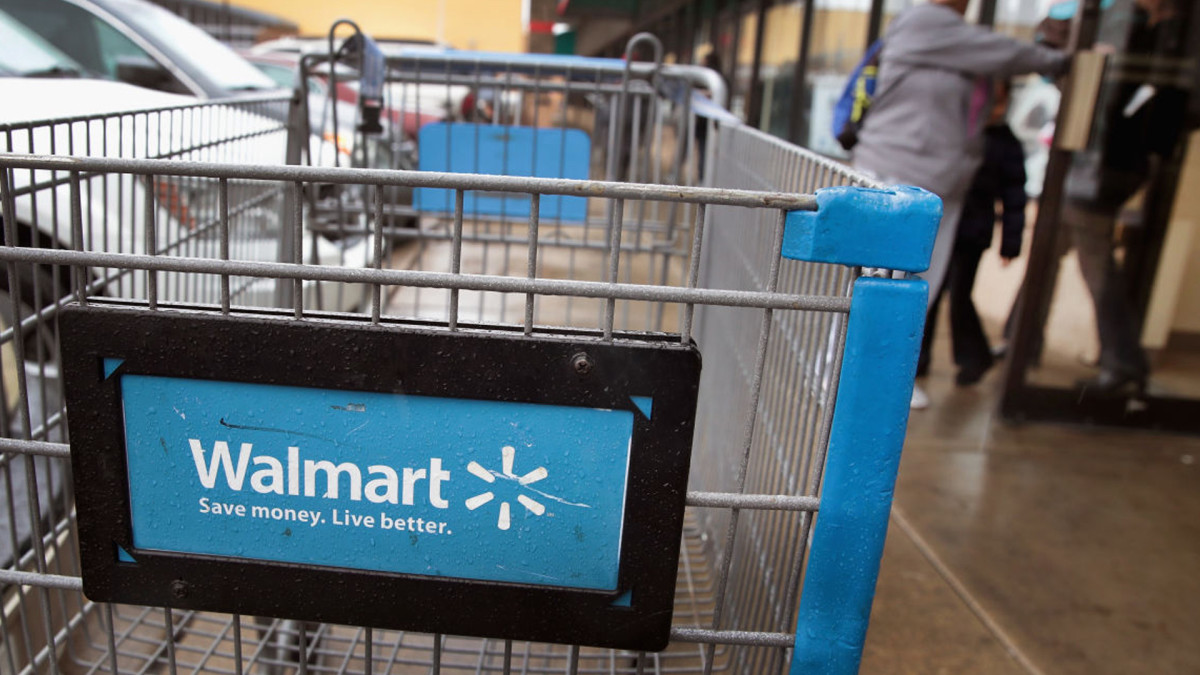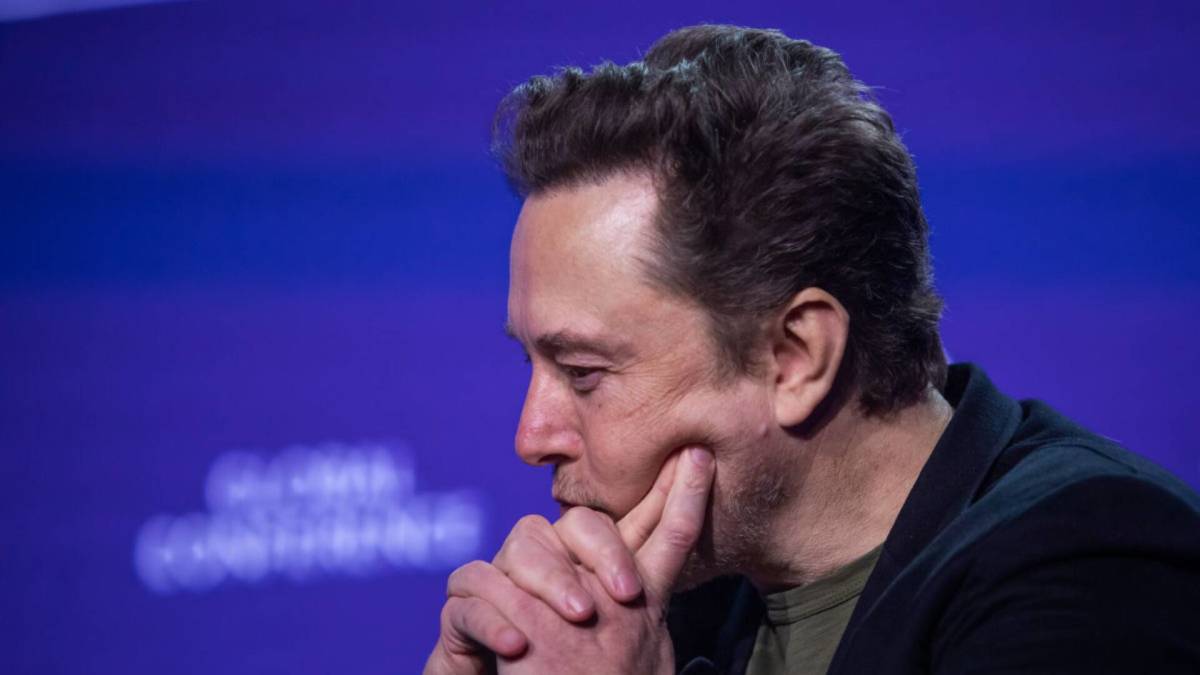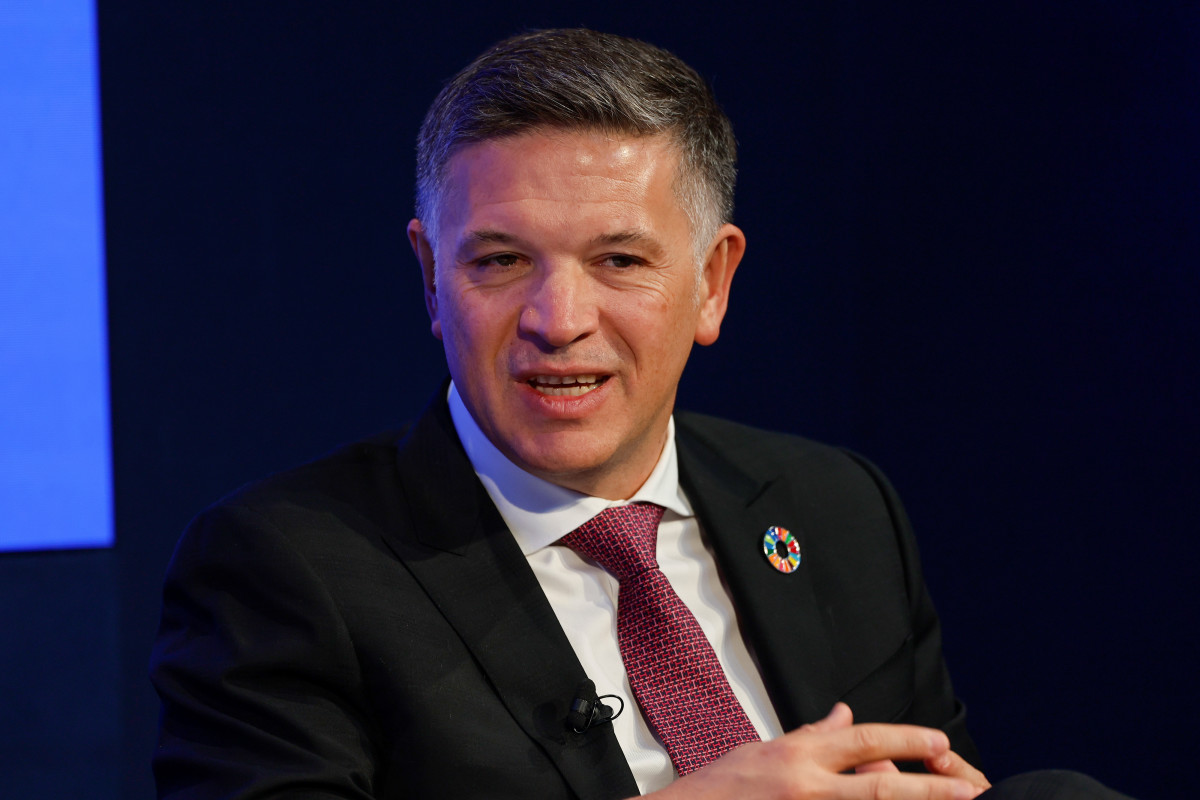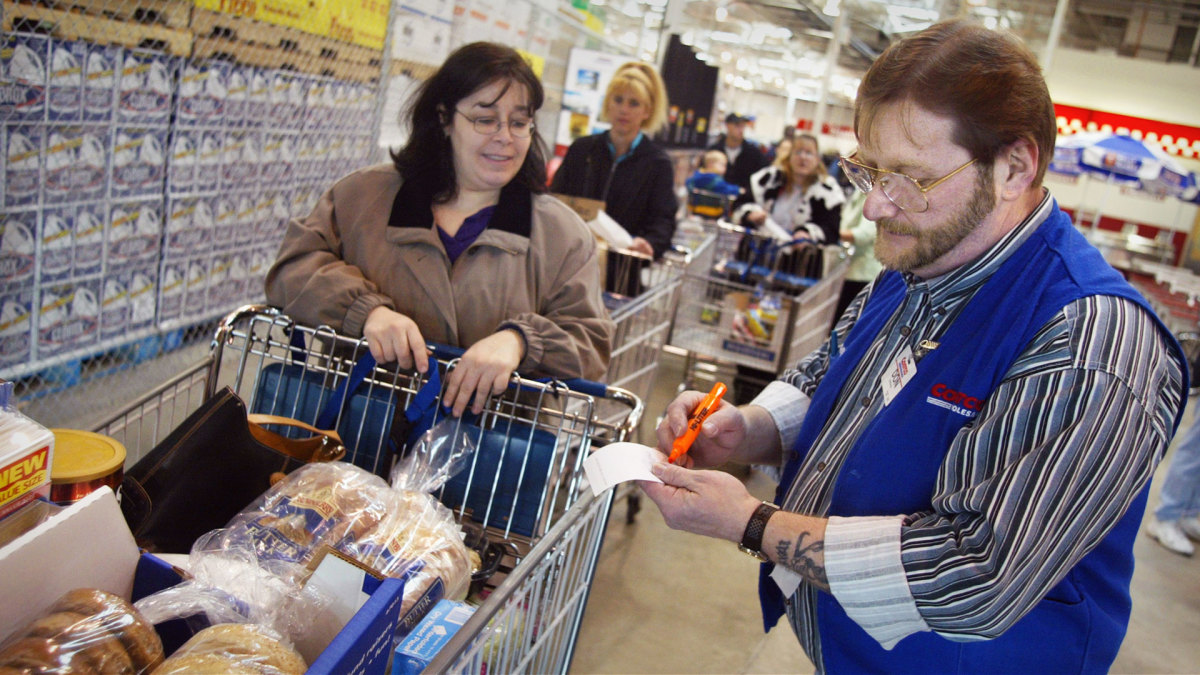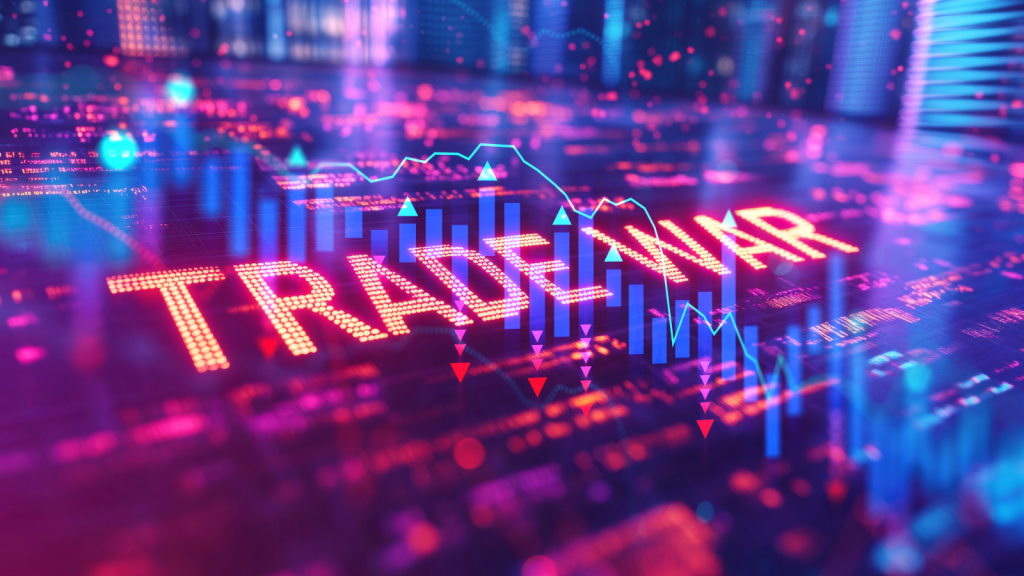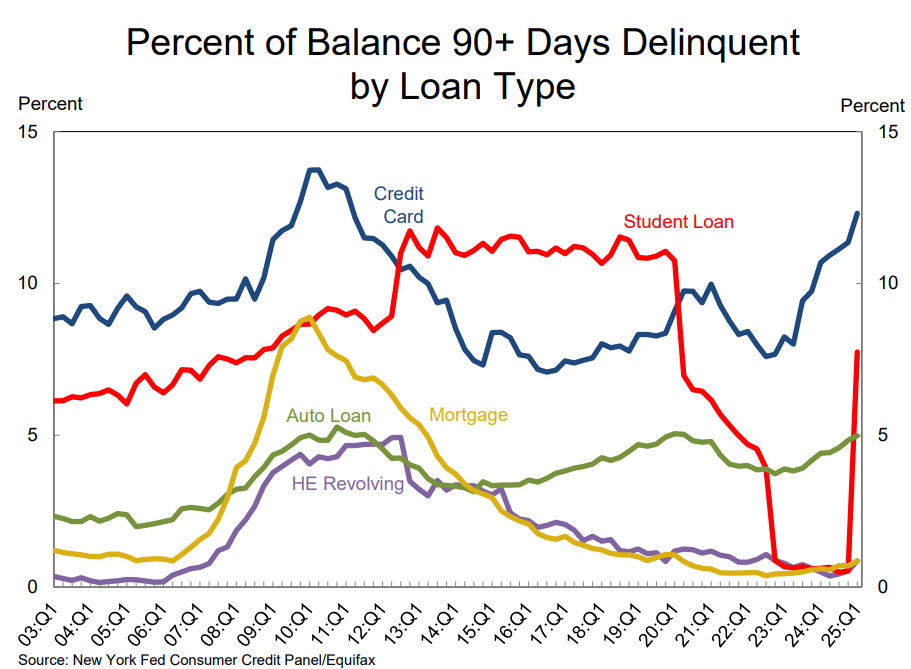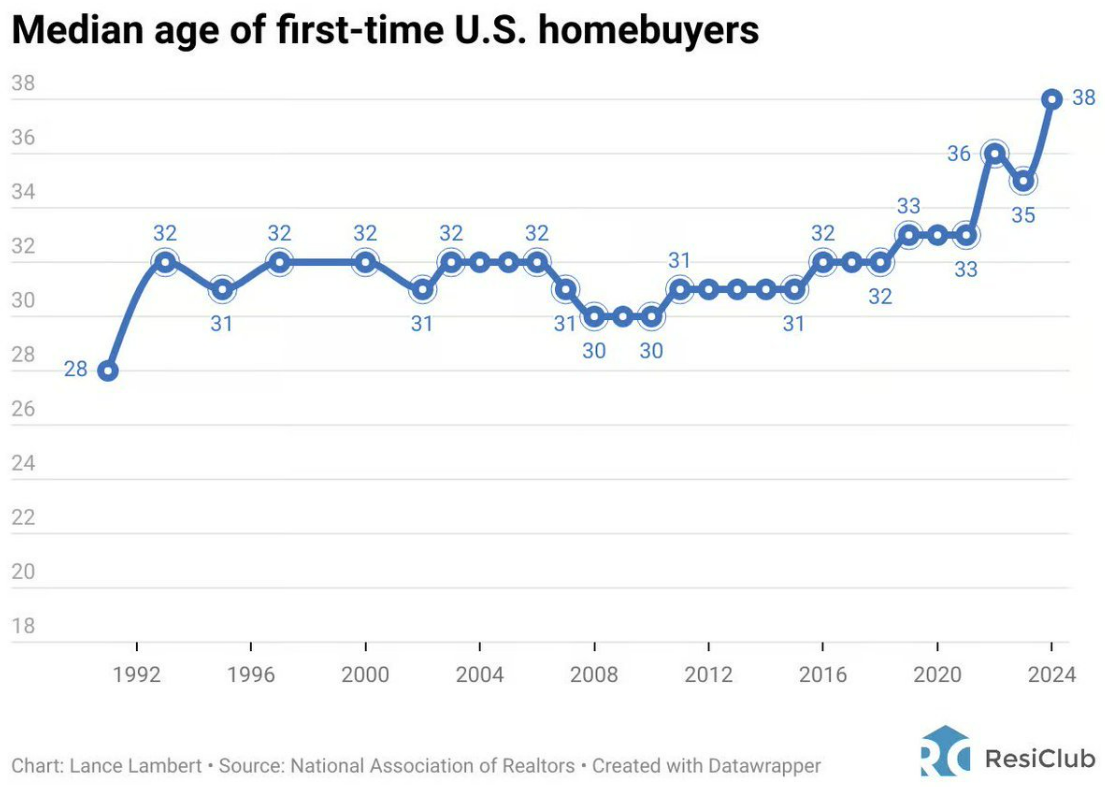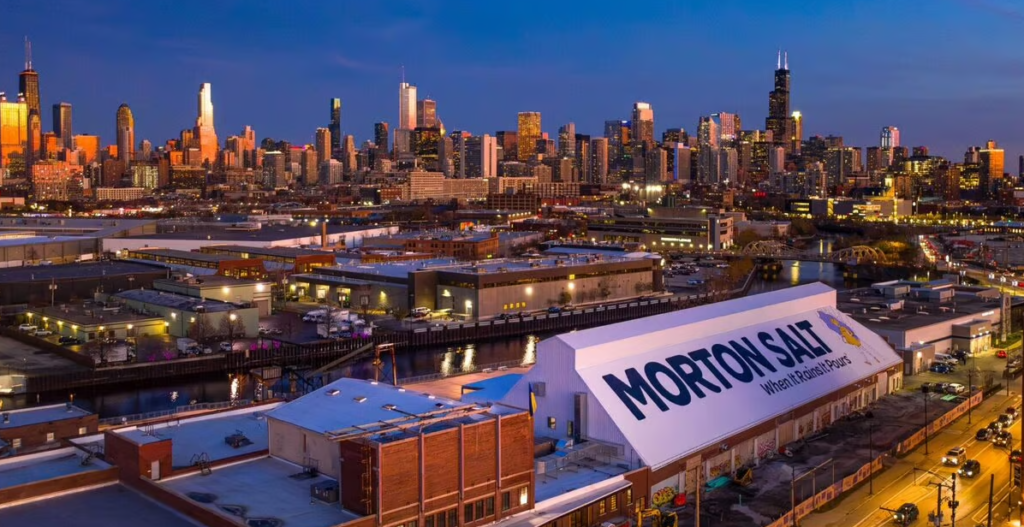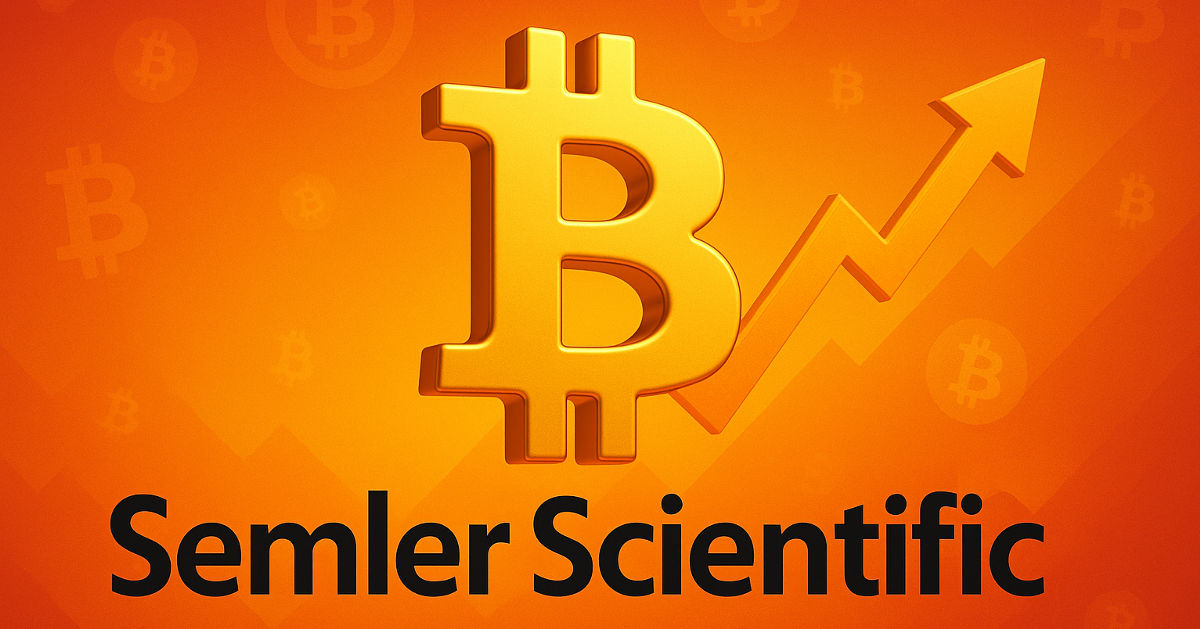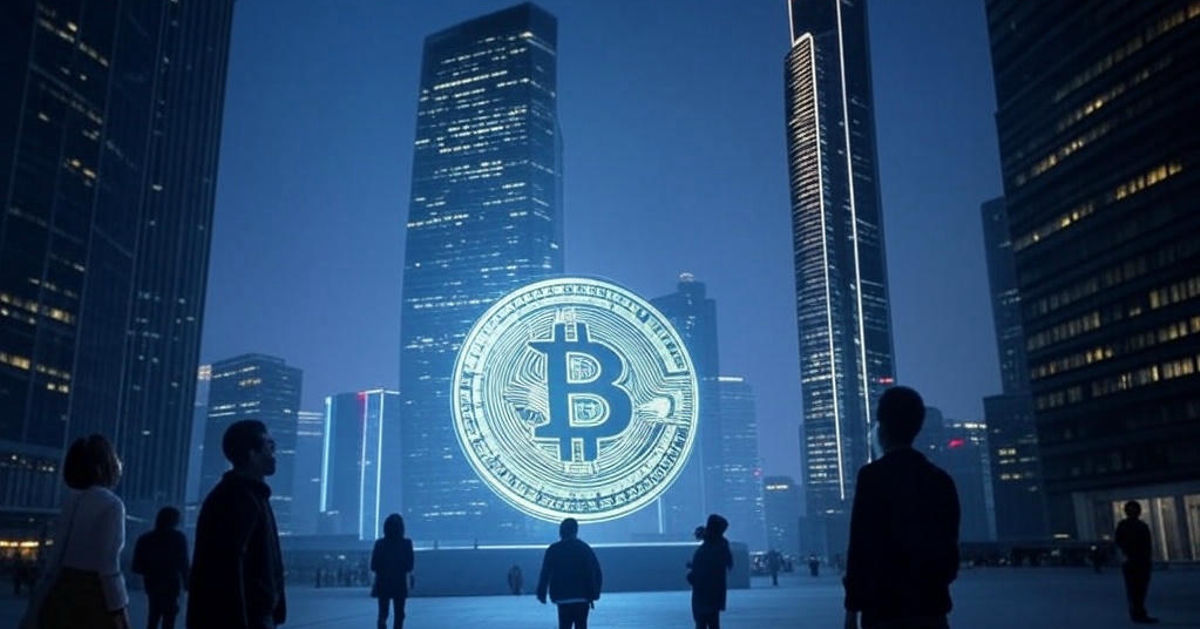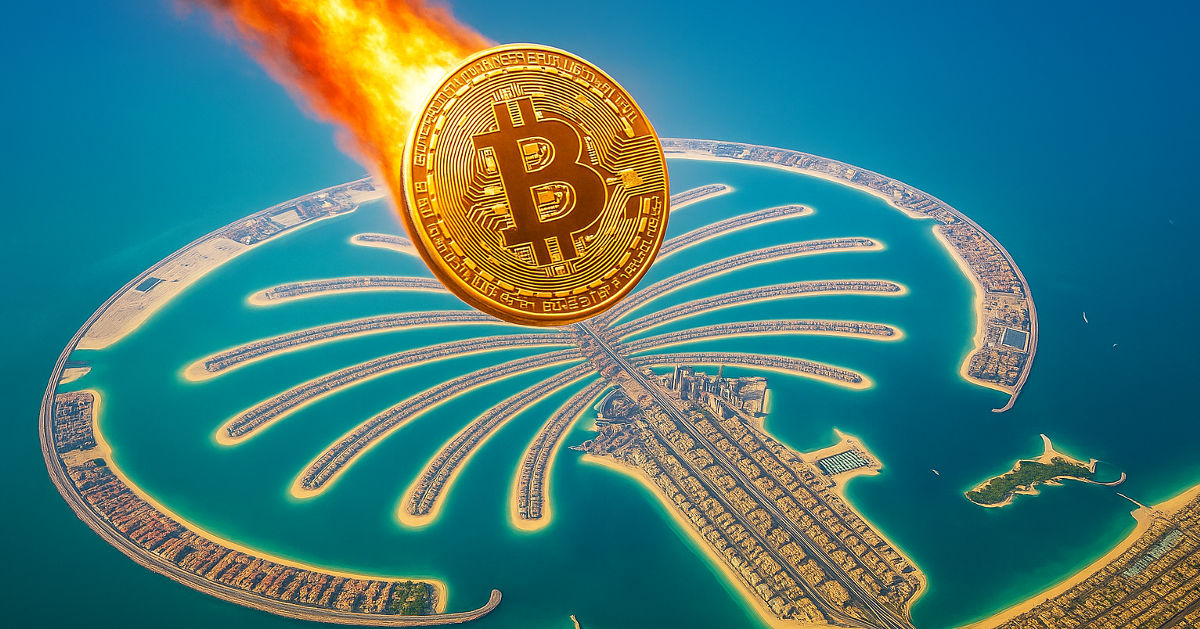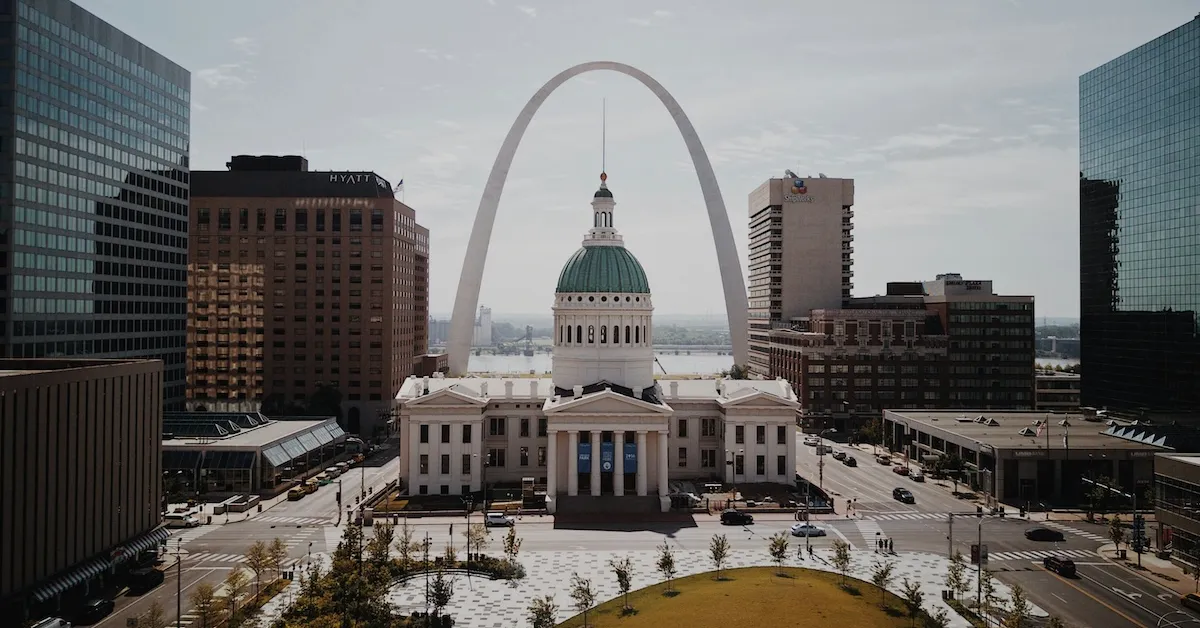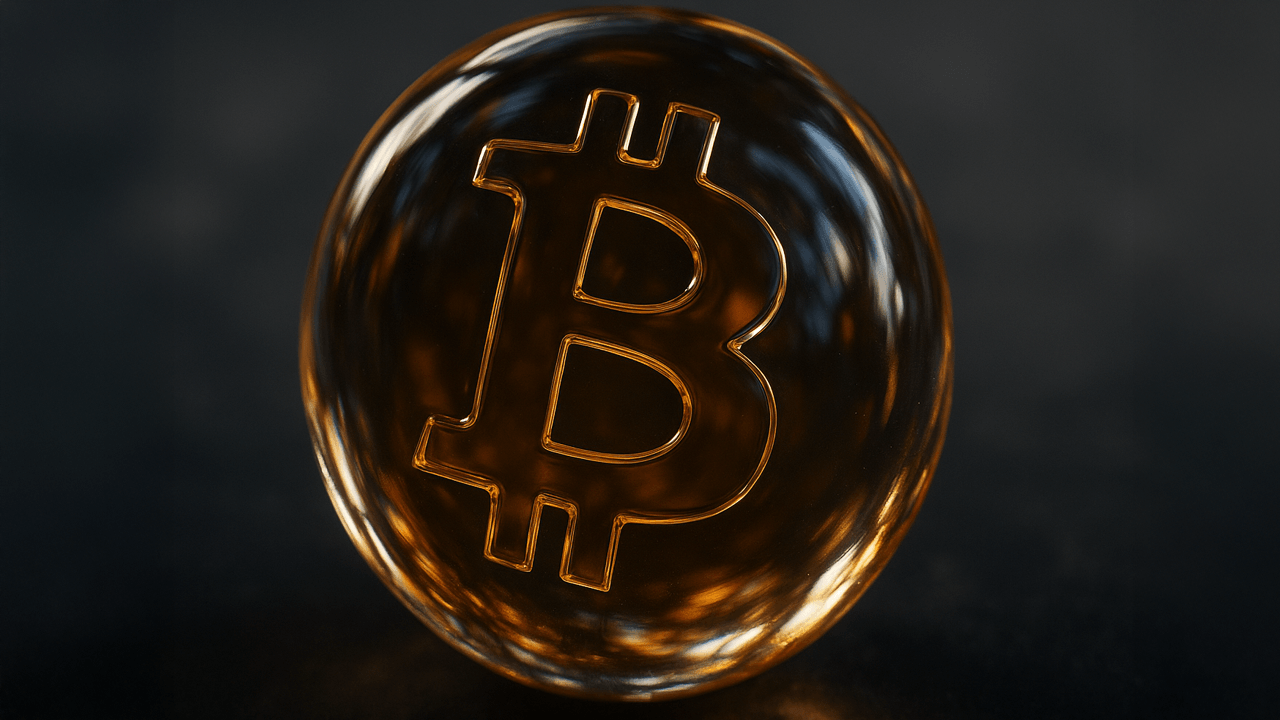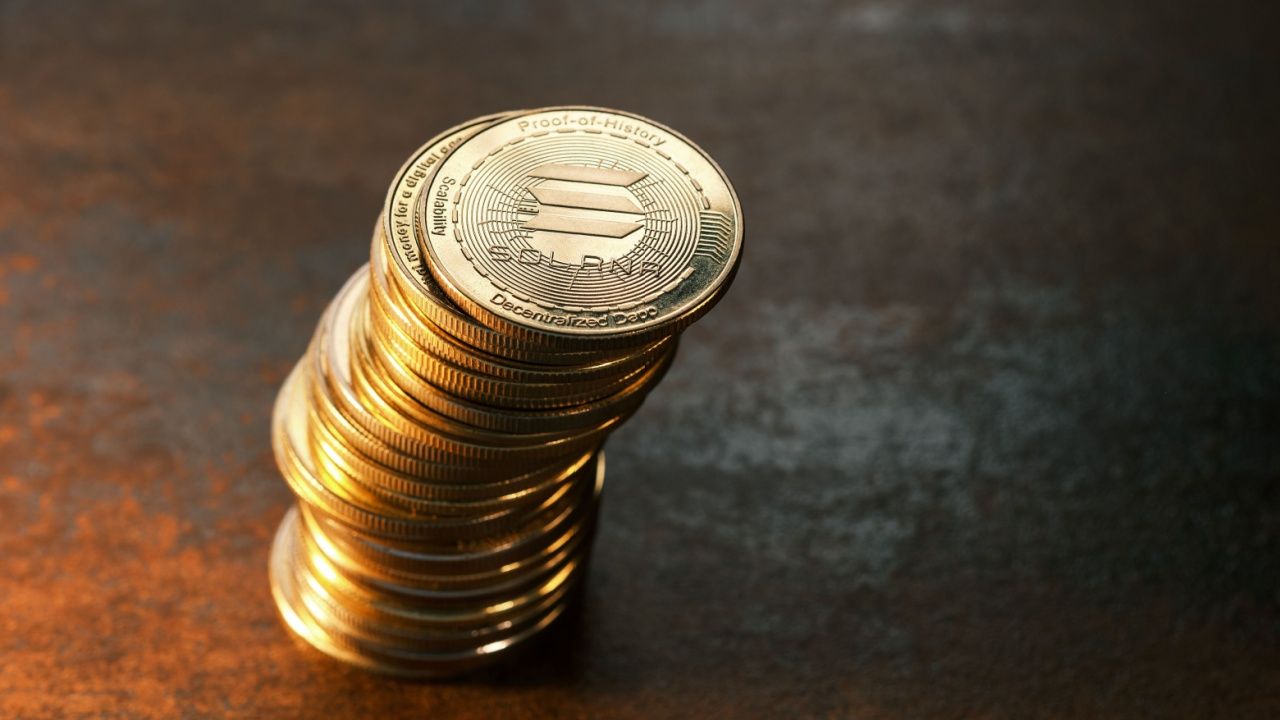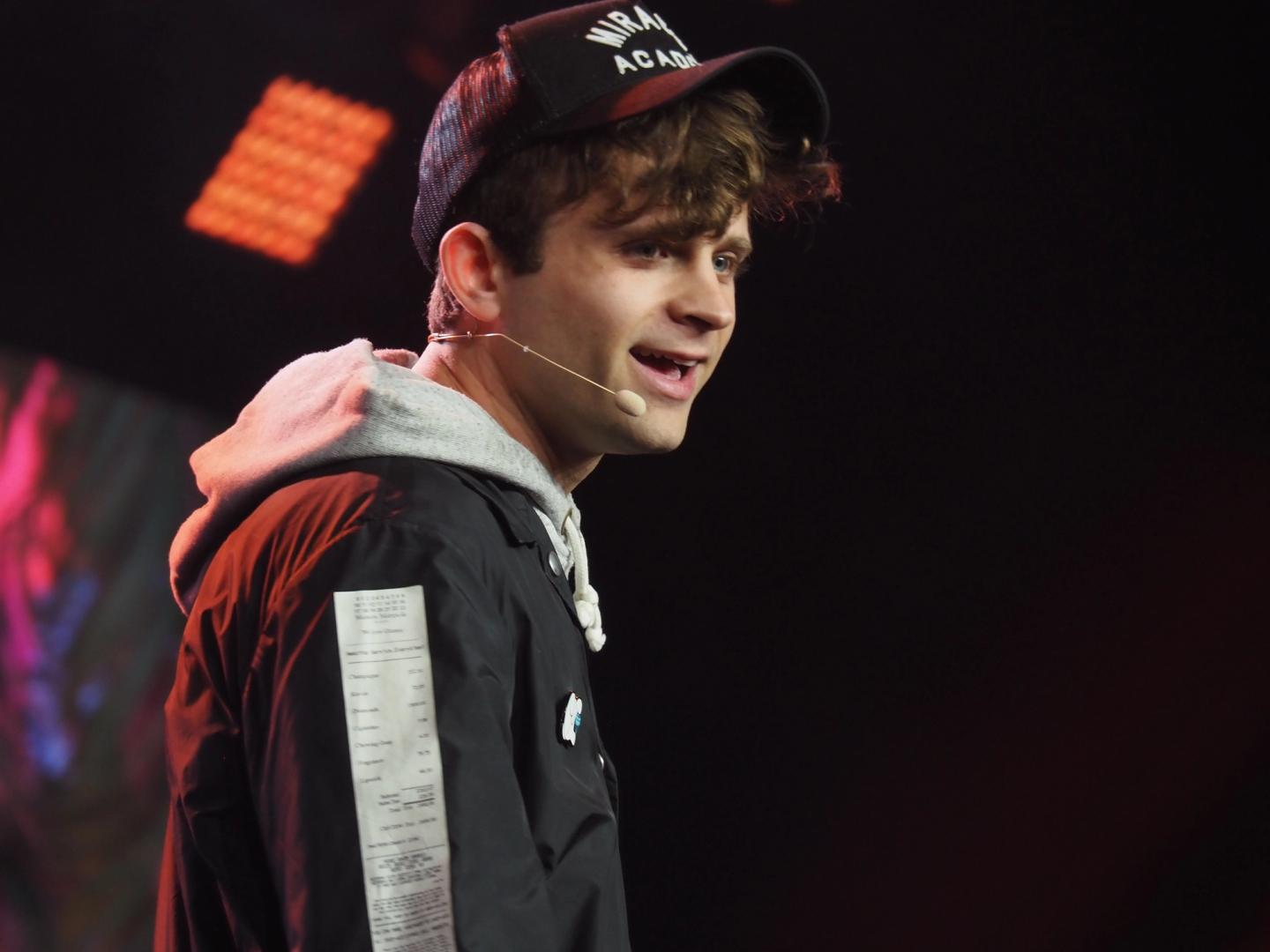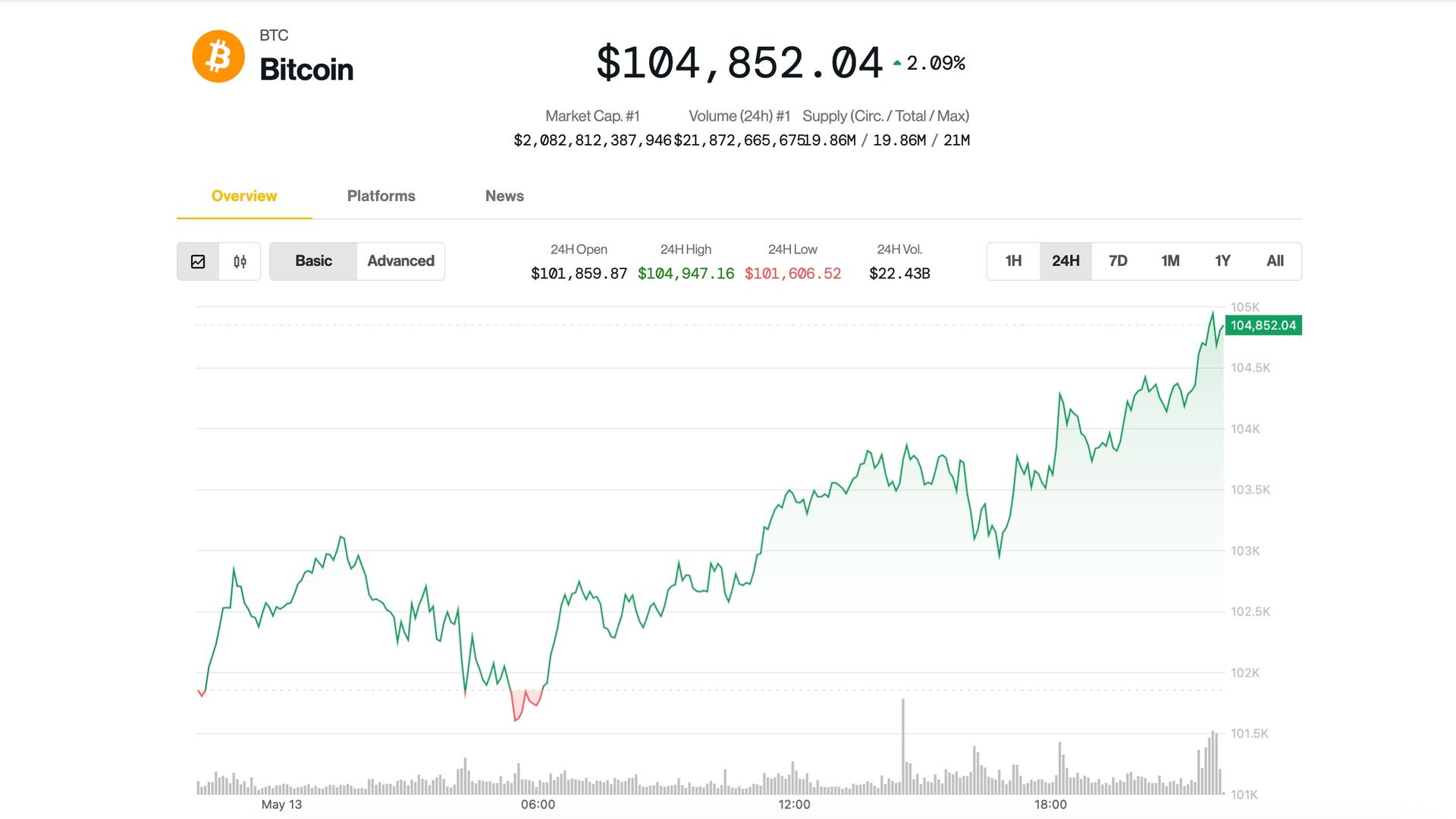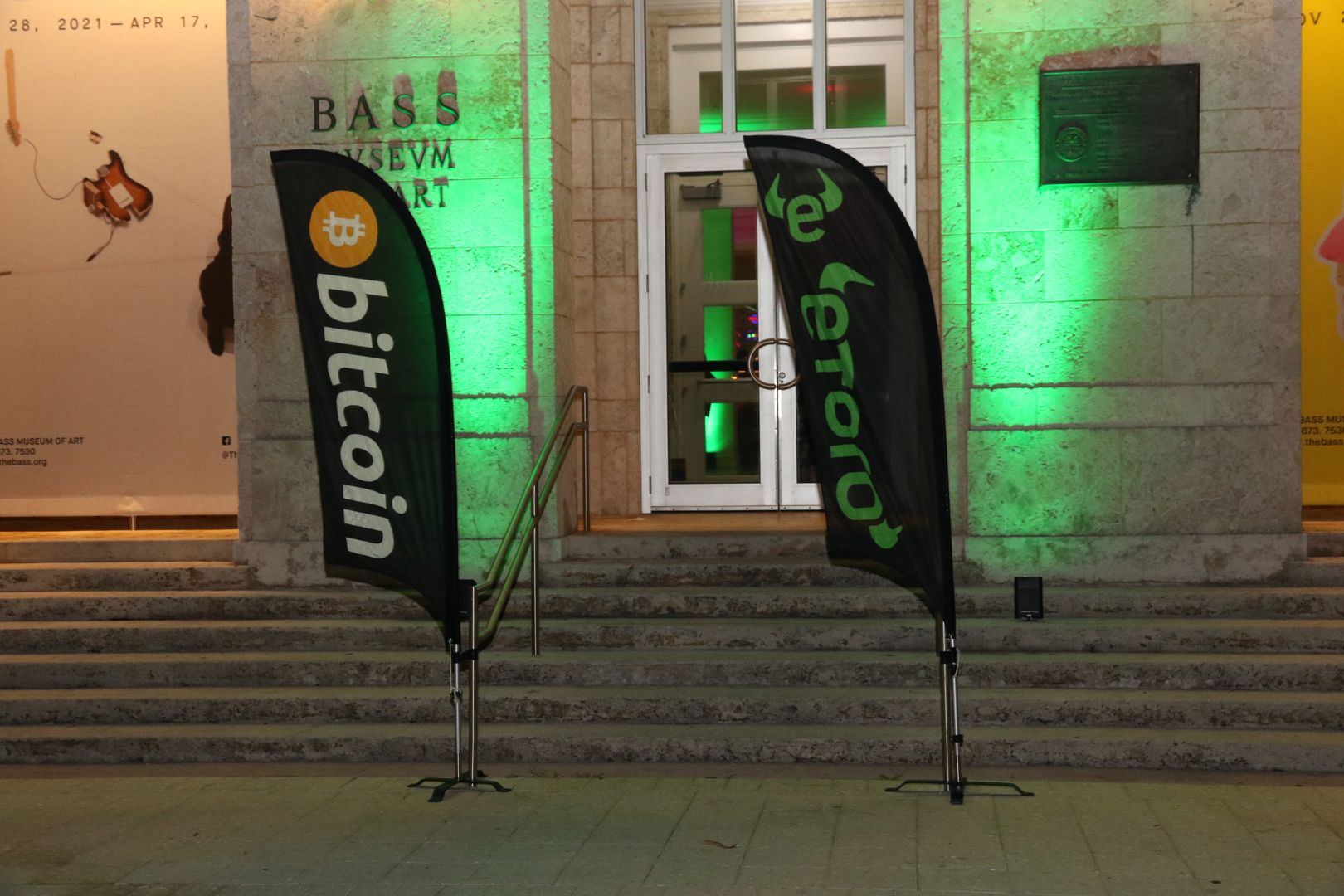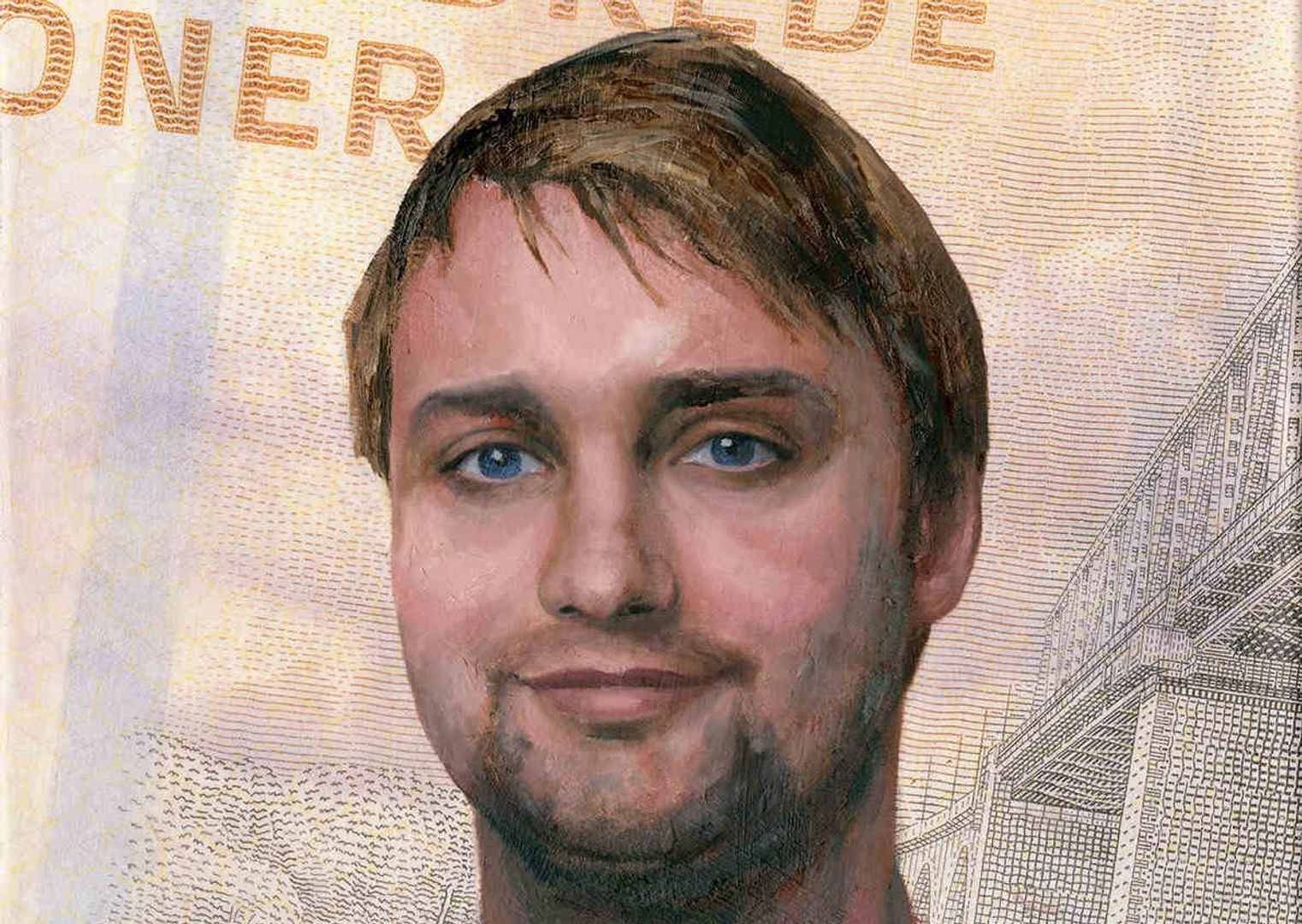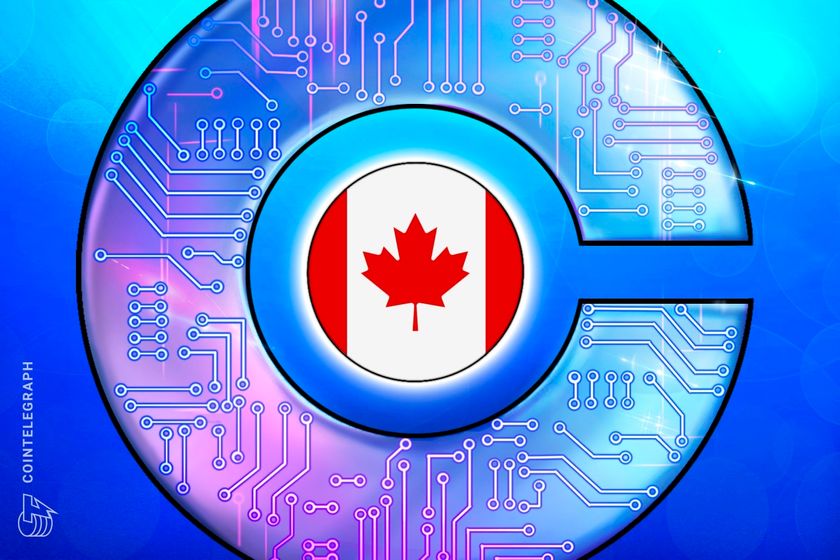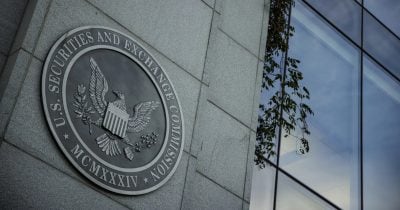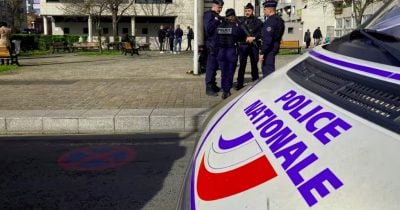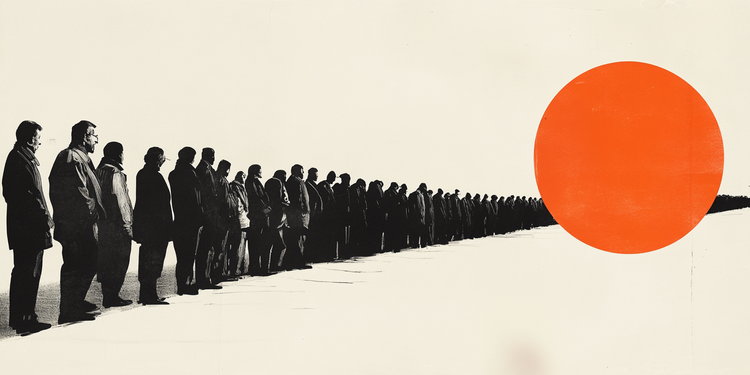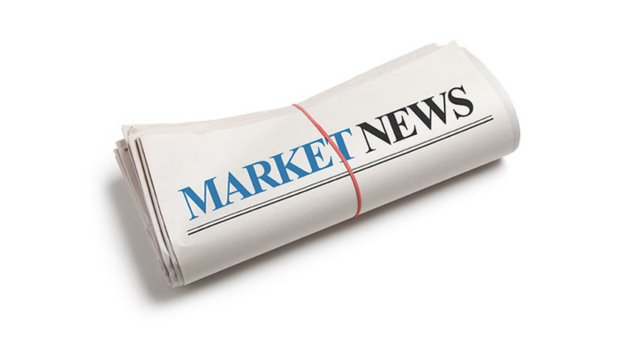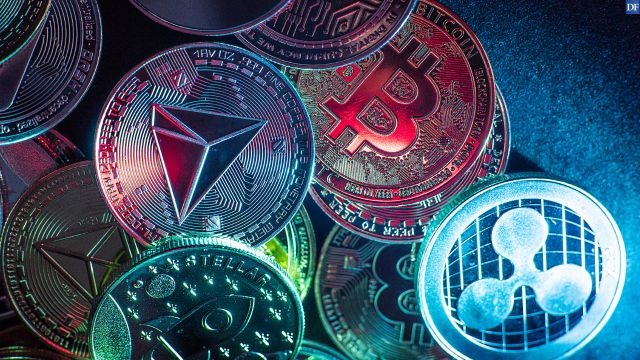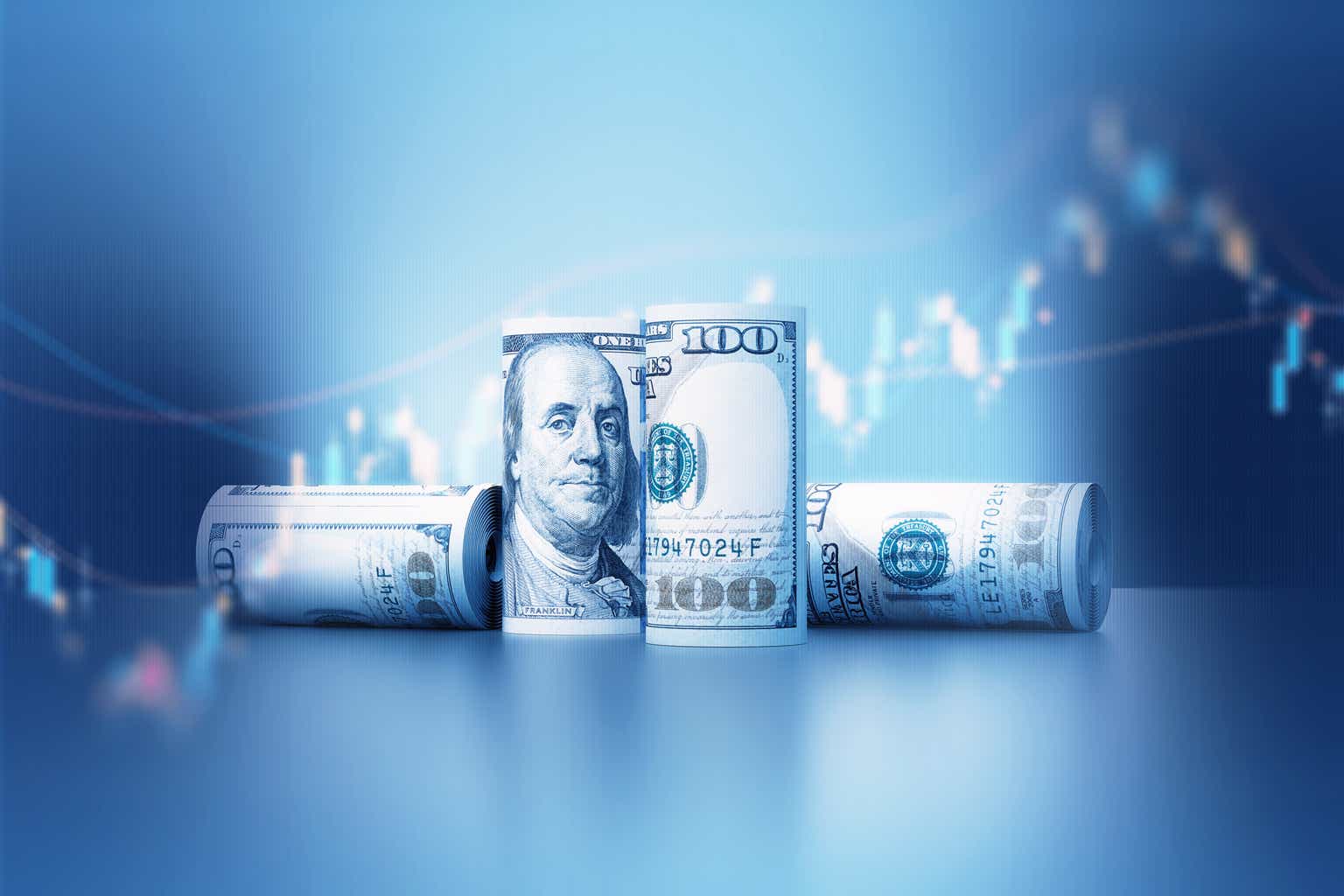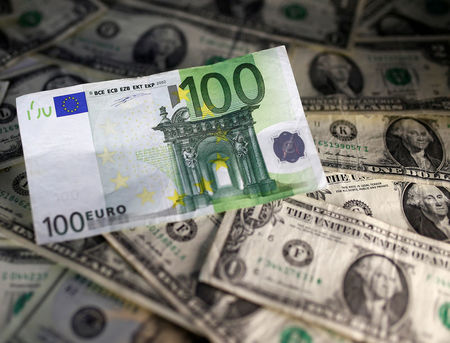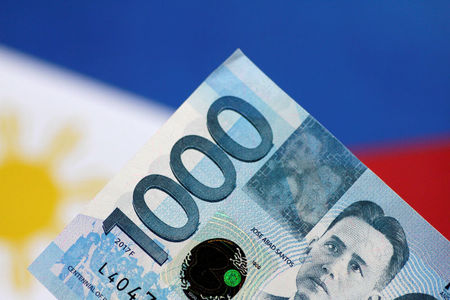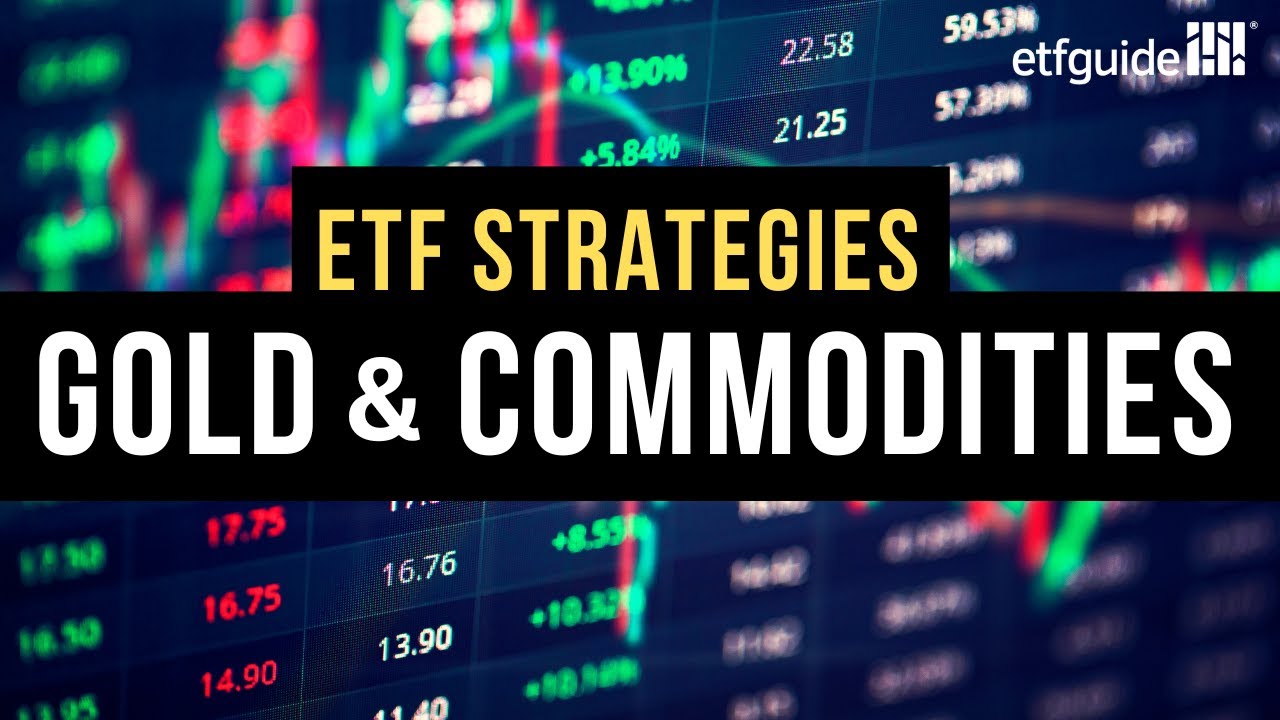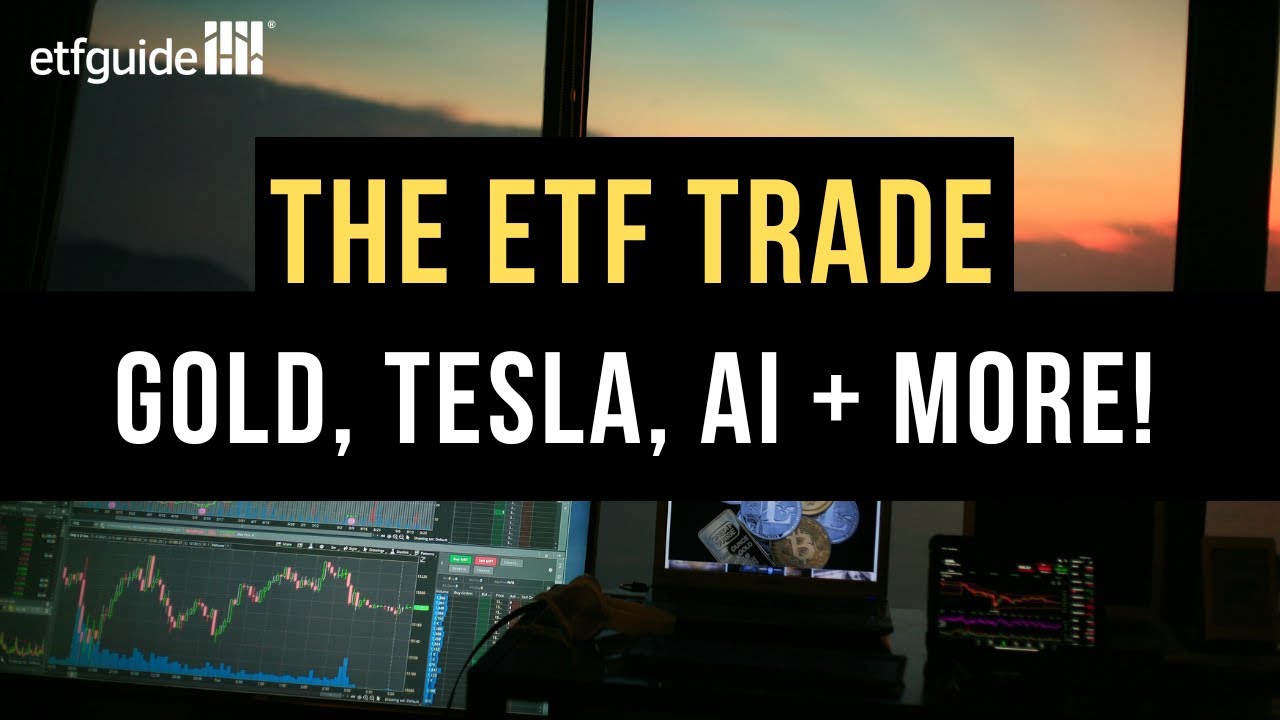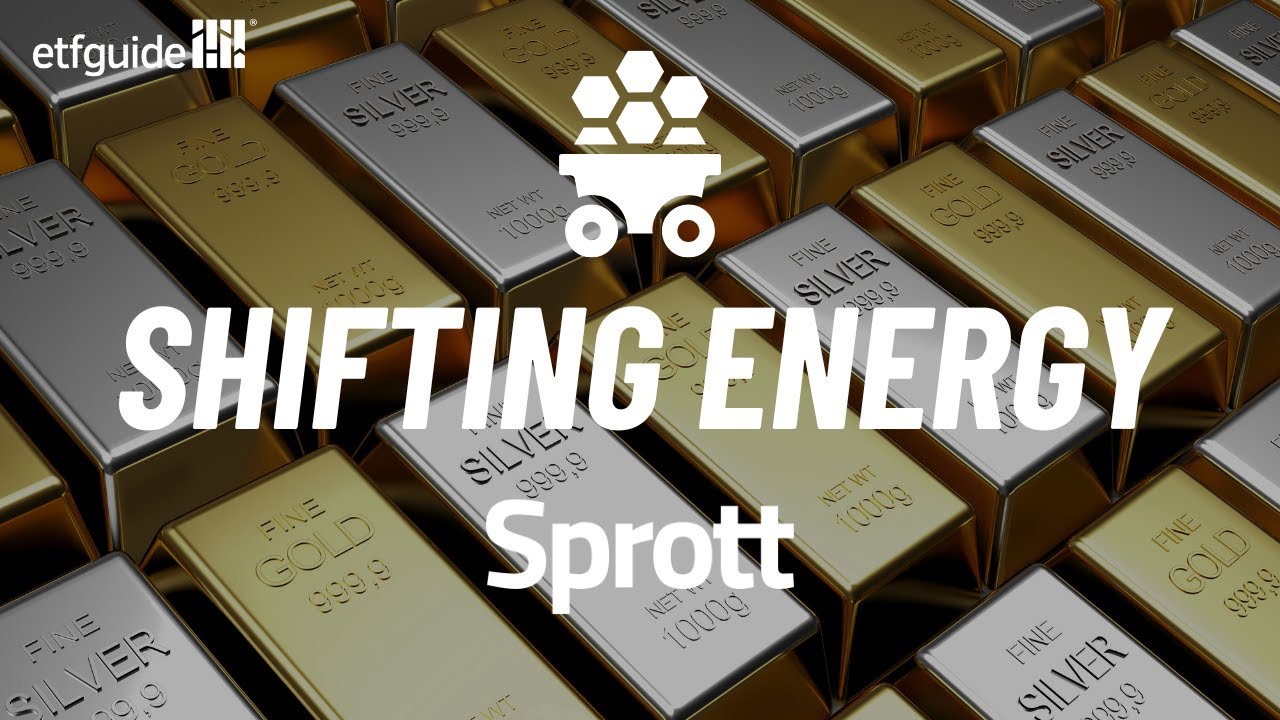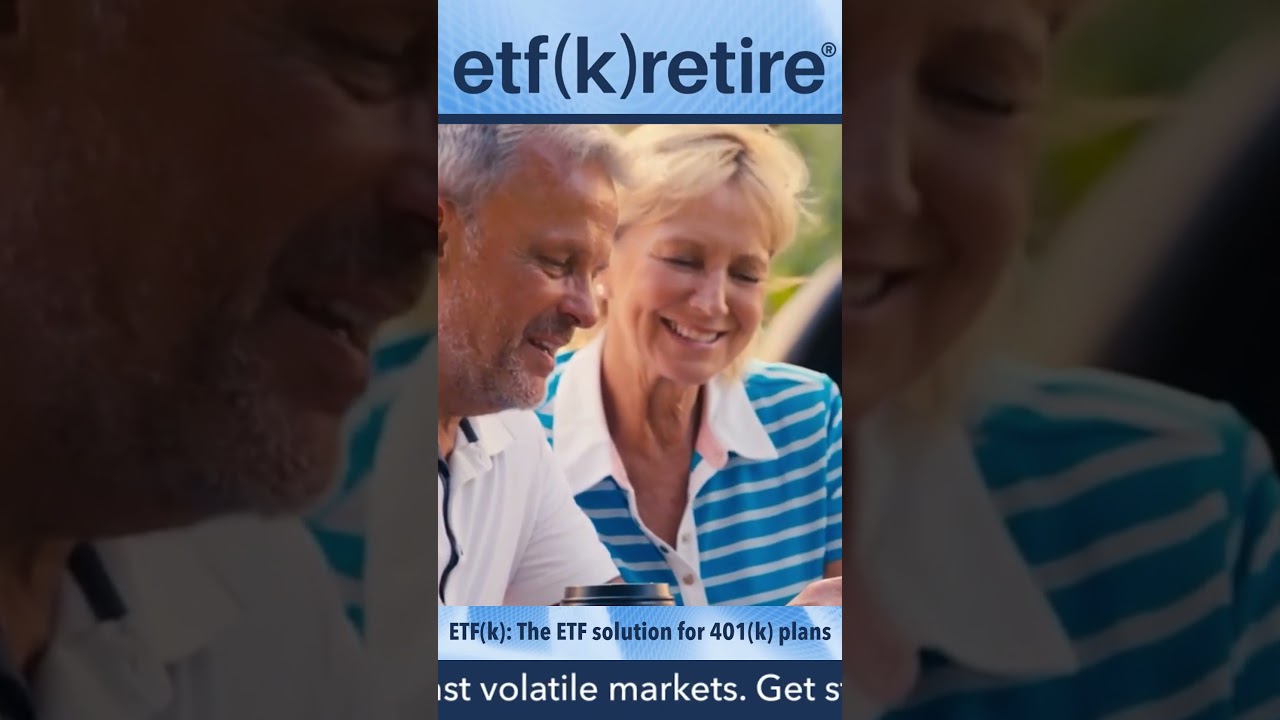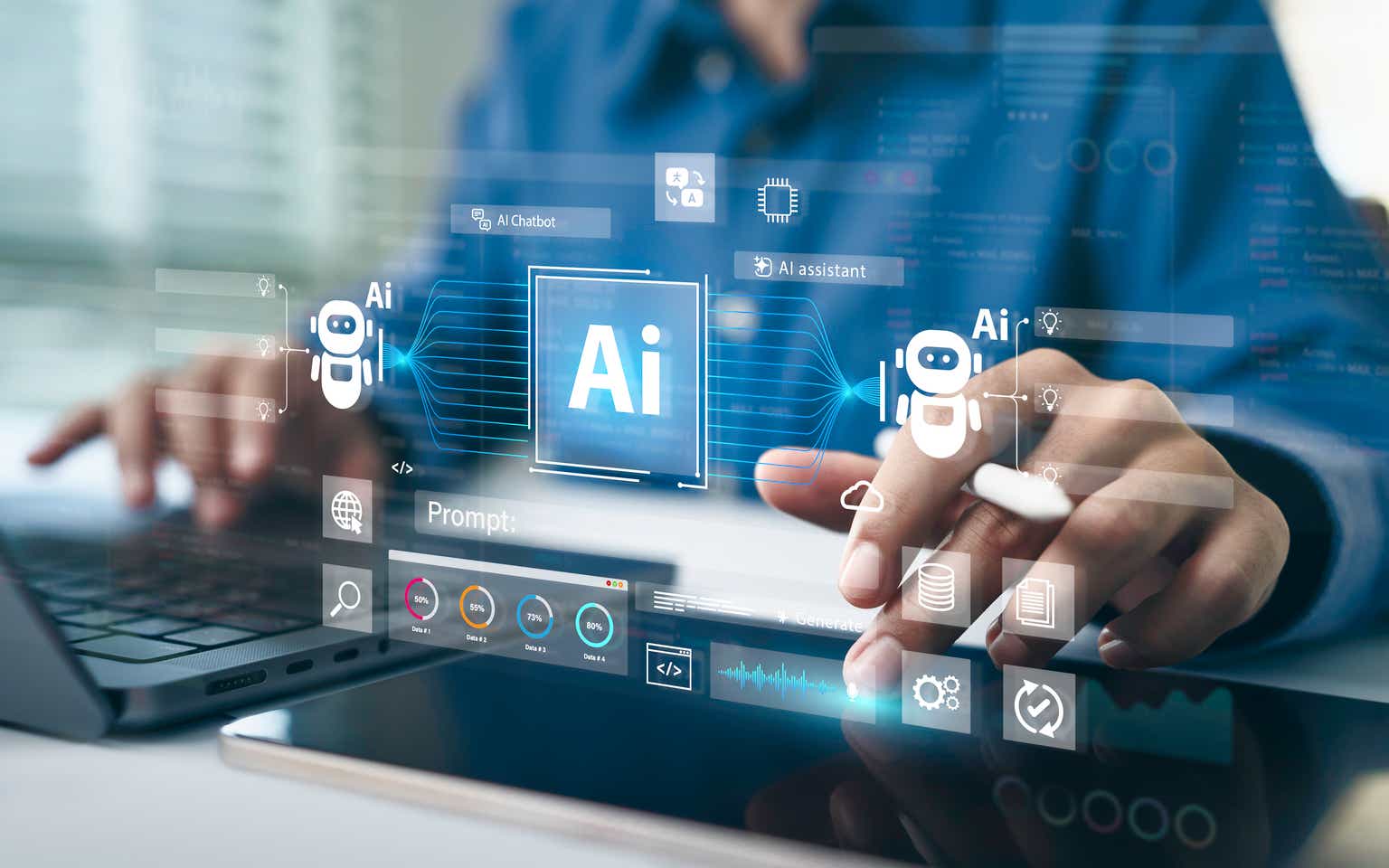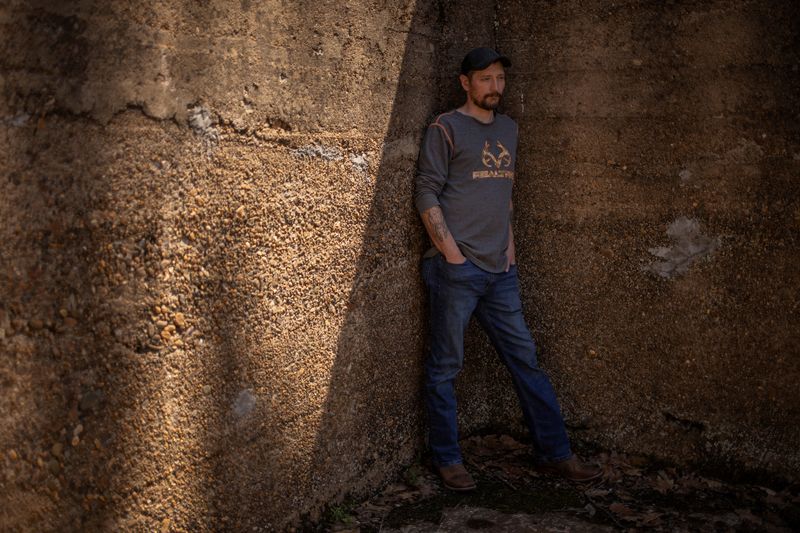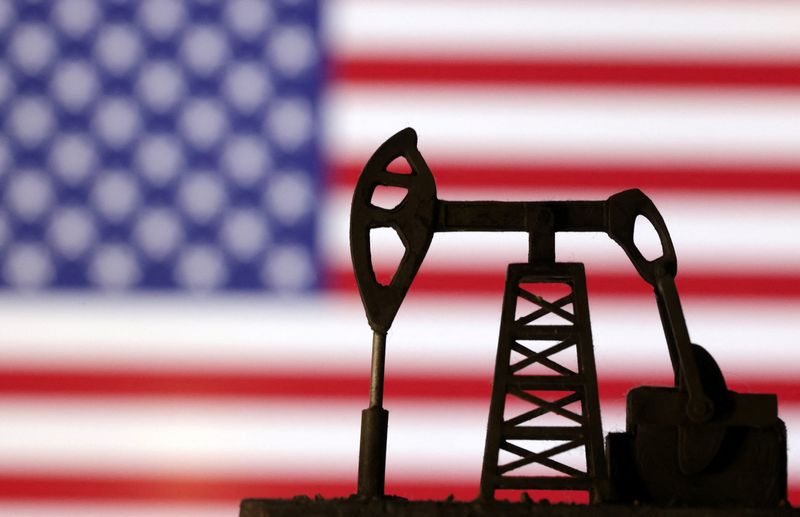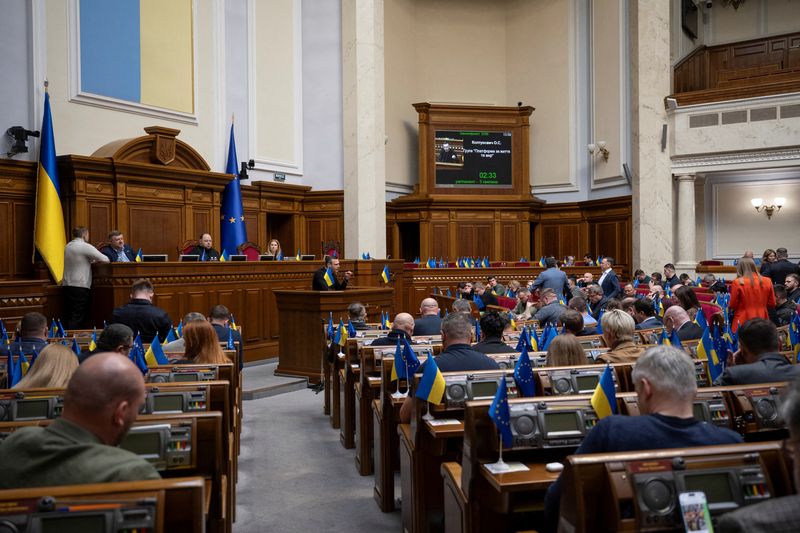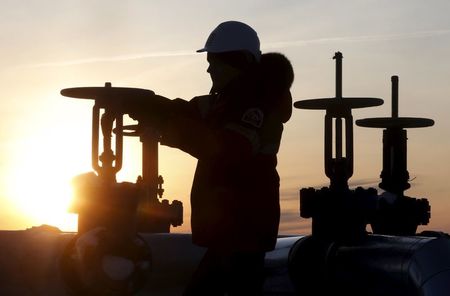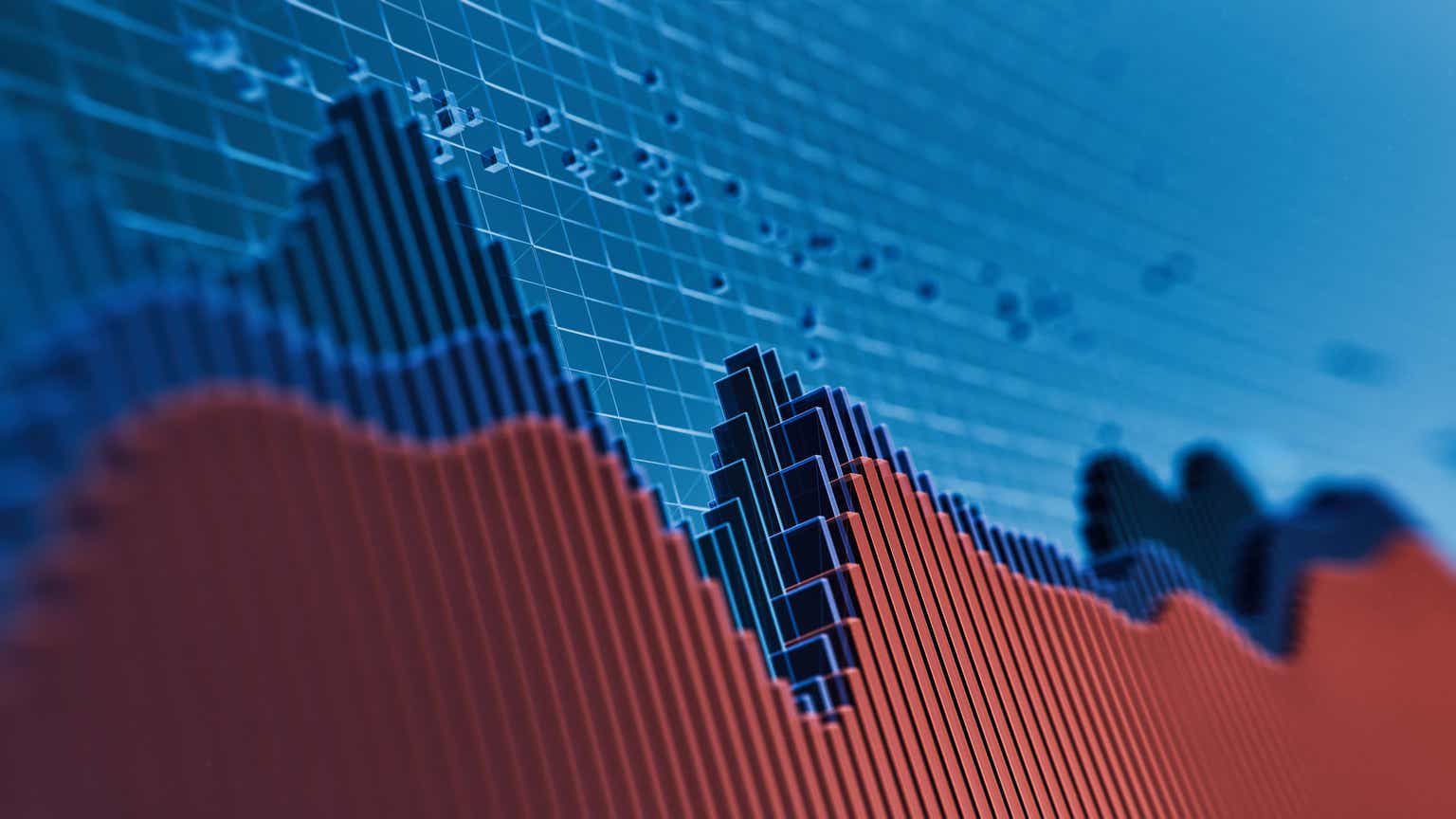Trump and MBS tout $1 trillion pledge as details remain elusive
Both leaders claimed Saudi Arabia would invest $1 trillion in the US, but signage at the conference put the cumulative total of the deals as actually worth over $300 billion.

President Donald Trump and Saudi Crown Prince Mohammed bin Salman touted a pledge for $1 trillion in commercial deals in Riyadh on Tuesday, a staggering figure that doesn’t quite stand up to scrutiny.
“With the help of the people of the Middle East, the people in this room, partners throughout the region, the golden age of the Middle East can proceed right alongside of us,” Trump said at a Saudi-US investment summit to announce the planned deals. “We will work together. We will be together. We will succeed together. We will win together, and we will always be friends.”
But the glitzy event — where top officials and corporate executives including billionaire Trump adviser Elon Musk and Nvidia Corp. CEO Jensen Huang sat in armchairs, serenaded by Trump’s typical rally soundtrack — sets up a test for the US president and Saudi crown prince, who have struggled at times to match their rhetoric with reality.
Both leaders claimed Saudi Arabia would invest $1 trillion in the US, but signage at the conference put the cumulative total of the deals as actually worth over $300 billion. Hours earlier, the White House cited a $600 billion investment.
The discrepancy is significant: The $1 trillion figure roughly matches Saudi Arabia’s entire gross domestic product.
Ultimately, Trump — who was eager to paint the conference as evidence he was ushering in a new era of prosperity — scored at least a symbolic victory as the crown prince indicated an intention to increase Saudi investments.
“If you take a look at other presidencies, they wouldn’t do $1 trillion, sometimes in years,” Trump said. “We did this in essentially two months.”
Trump’s focus on foreign direct investment in the US is no accident. The former real estate developer prizes transactional economic agreements and has cast himself as America’s dealmaker-in-chief.
Ali Shihabi, a Saudi author and commentator who was at the Al-Yamamah Palace as one of the dignitaries invited to greet Trump, said it was important to look beyond the monetary value of the announcements.
“The visit is highlighting the strength of the relationship and adding ballast by creating a continuously expanding web of ties in the economic, political and security fields,” Shihabi said in an interview.
Read More: Trump Faces $2 Trillion Hurdle to Win Money From Saudi Prince
The US president has also long seen economic ties as a way to deliver on security, although his speech again revealed times where his rhetoric risked outpacing reality. Trump cast Saudi Arabia’s entry into the Abraham Accords, a series of normalization agreements his first administration brokered between Arab states and Israel, as fait accompli.
“That’s what I want, and that’s what you want, and that’s the way it’s going to be,” Trump said.
But there are still deep differences over the recognition of a Palestinian state and the fate of refugees from Gaza, underscoring the extent of the work that remains.
Still, there were substantive announcements made at the conference center over the din of Lee Greenwood and the Village People. Executives at the conference included BlackRock Inc.’s Larry Fink and Amazon.com Inc.’s Andy Jassy, while other CEOs, including Citigroup Inc.’s Jane Fraser and Blackstone’s Stephen A. Schwarzman, participated in events around the summit.
The investment pact includes US defense sales valued at nearly $142 billion, providing Saudi Arabia with “state-of-the-art warfighting equipment and services from over a dozen US defense firms,” the White House said. The sales package is set to include equipment running the gamut of defense technology, from Air Force capabilities to maritime security as well as information and communication services, according to the statement.
The White House was also touting plans by Saudi companies to buy American-made gear. That includes exports of natural gas turbines and other items from GE Vernova Inc. that are set to total $14.2 billion, the White House said.
Separately, Boeing Co. is set to export $4.8 billion worth of 737-8 passenger aircraft for Saudi Arabia-based AviLease.
Alphabet Inc.’s Google, Oracle Corp., Salesforce Inc., Advanced Micro Devices Inc., Uber Technologies Inc. and Saudi-based DataVolt will invest $80 billion “in cutting-edge transformative technologies in both countries.” DataVolt is “moving forward with plans” to spend $20 billion in artificial intelligence data centers and energy infrastructure in the US, according to the statement.
The White House highlighted plans for other partnerships through investment funds emphasizing US deployment in the energy, aerospace and sports sectors. A White House fact sheet said the funds would channel “substantial capital into American industries.”
At least one planned investment touches on health care, with Saudi Arabia’s Shamekh IV Solutions planning to spend $5.8 billion, including on a plant in Michigan meant to produce intravenous fluids. The company bills itself as working to address global shortages of intravenous solutions that are used to deliver medications and nutrients into patients’ bloodstreams.
Read More: After Driving Down Oil, Saudi Prince Looks for Trump Rewards
Trump’s approach to foreign policy is heavily influenced by “his version of economic statecraft, which is to look toward the wealthy states in the Gulf and their very large sovereign wealth funds as sources of investment in the United States,” said Steven Cook, a senior fellow for Middle East and Africa Studies at the Council on Foreign Relations.
The crown prince’s investment pledges may clash with his own plans to transform the kingdom’s economy, with a view to reduce an historic dependence on oil. His ambitions — which include major infrastructure projects such as the futuristic new city Neom — are likely to cost close to $2 trillion, according to estimates compiled by Bloomberg News.
Hosting Trump is a critical opportunity for Saudi Arabia to attract some of that required capital from the US and other investors. The kingdom is aiming to draw $100 billion in foreign direct investment annually by 2030, but last year attracted $20.7 billion — the lowest since 2020.
Crude prices at around $62 a barrel are piling further pressure on Saudi Arabia’s finances, with Bloomberg Economics estimating the kingdom needs a price of at least $96 a barrel to balance its budget.
This story was originally featured on Fortune.com

